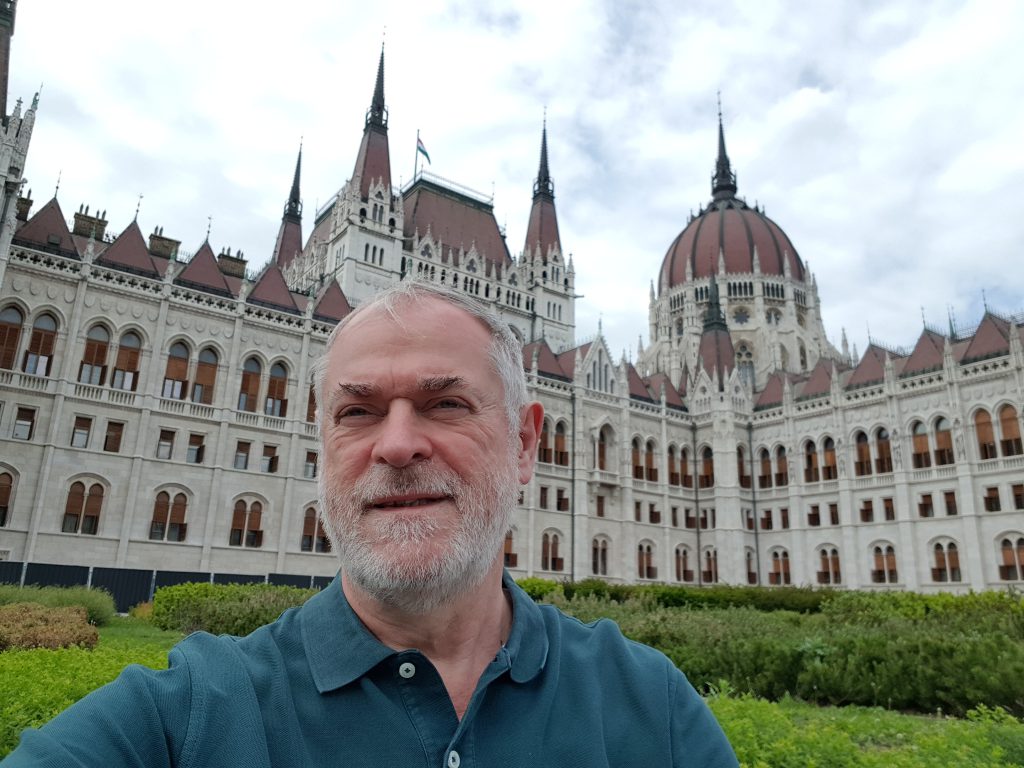
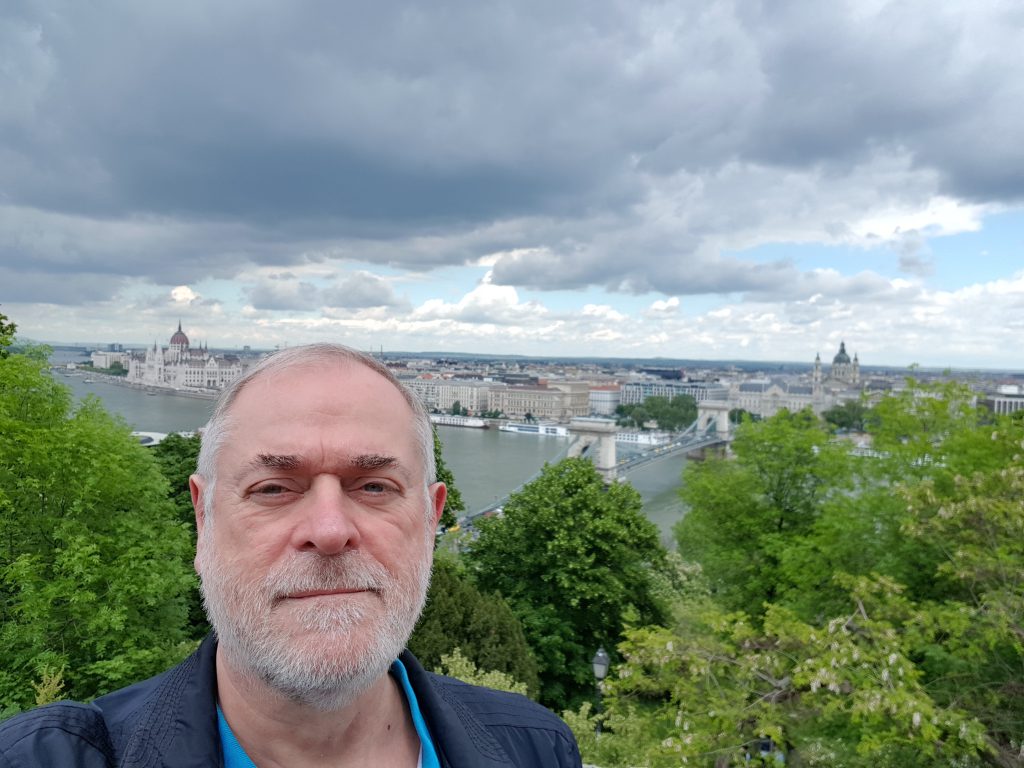
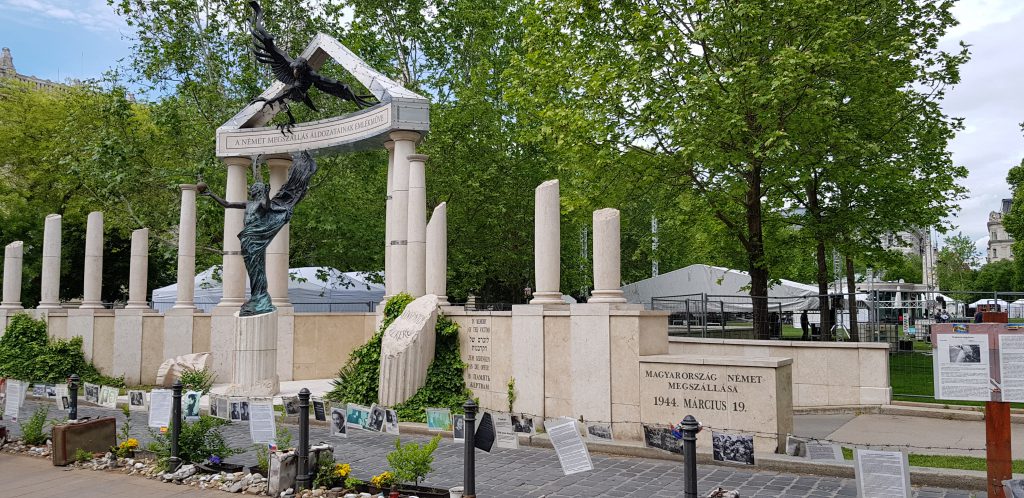
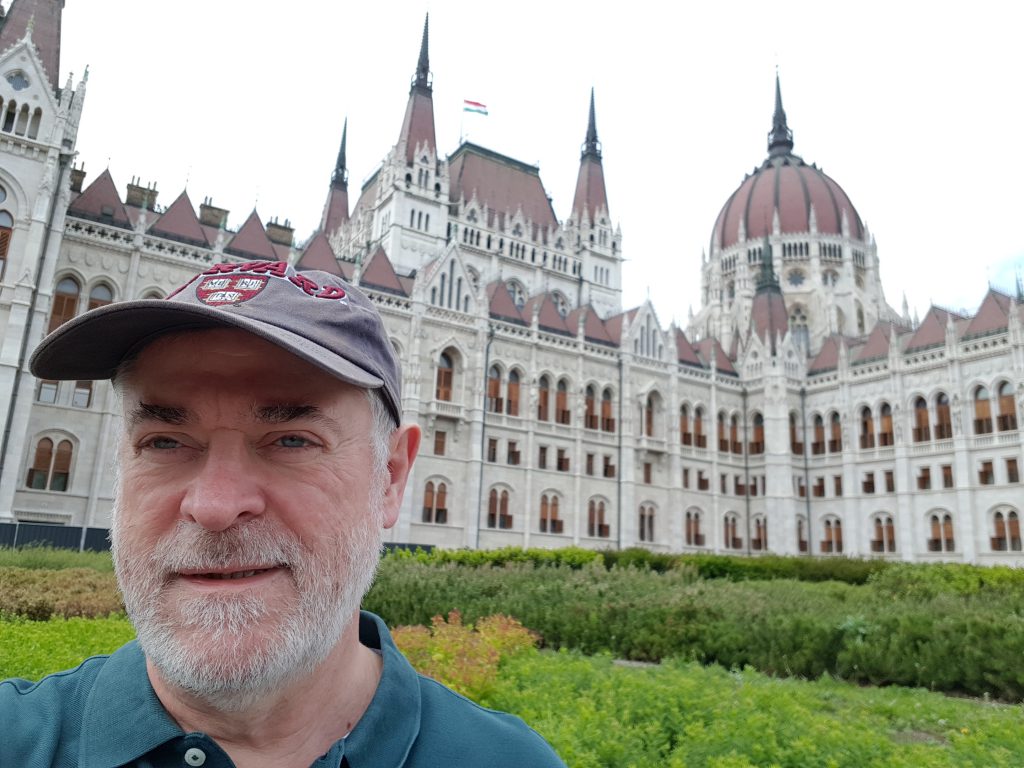
Budapest: A wonderful place to work and live…..
Ends;


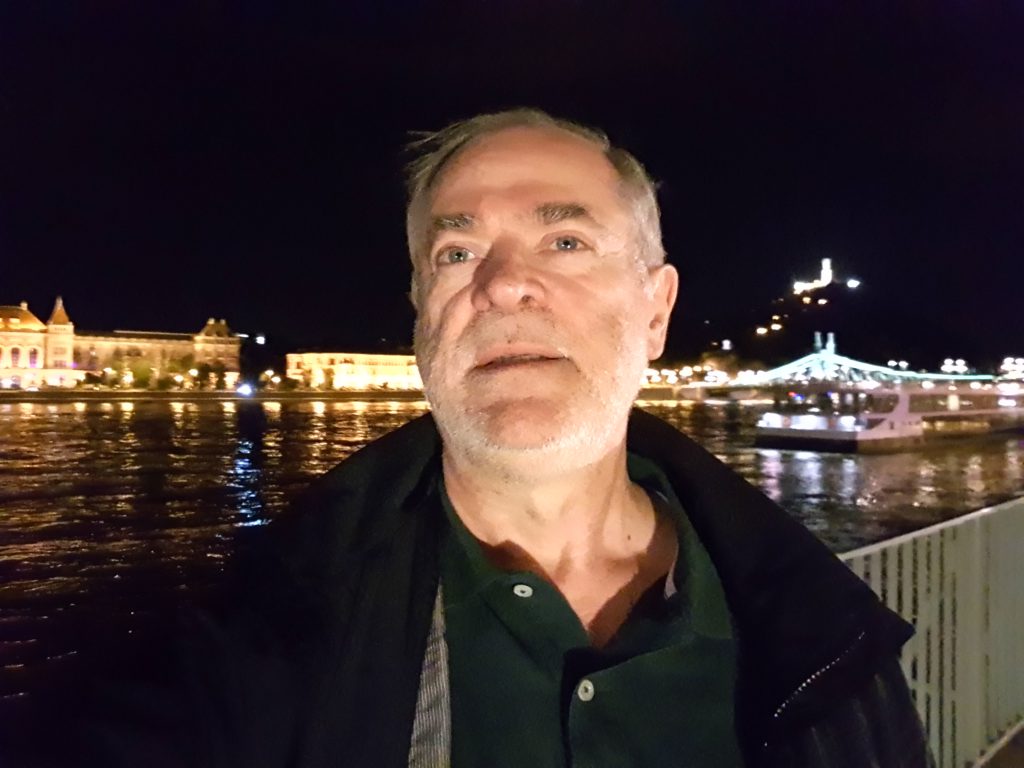
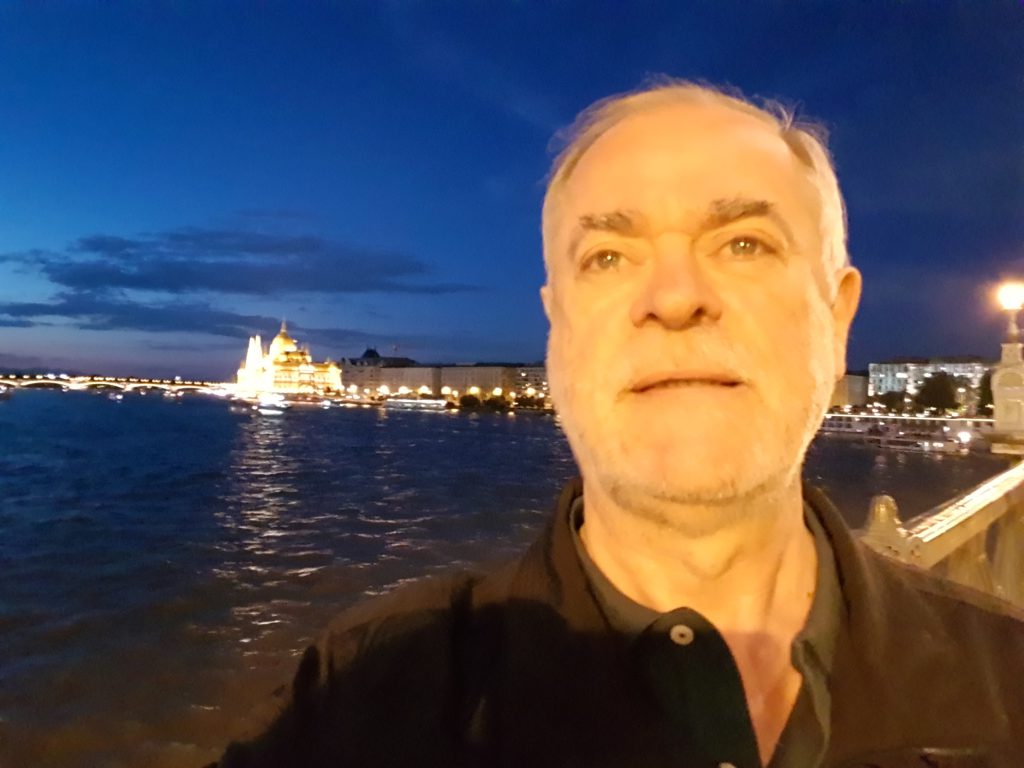
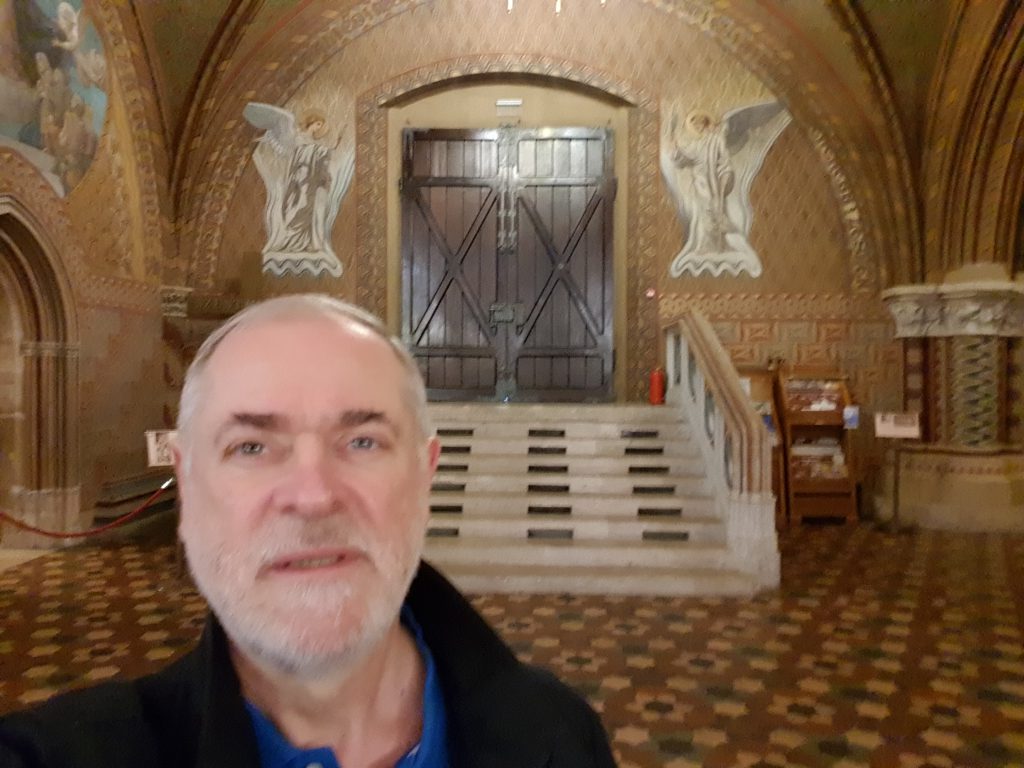
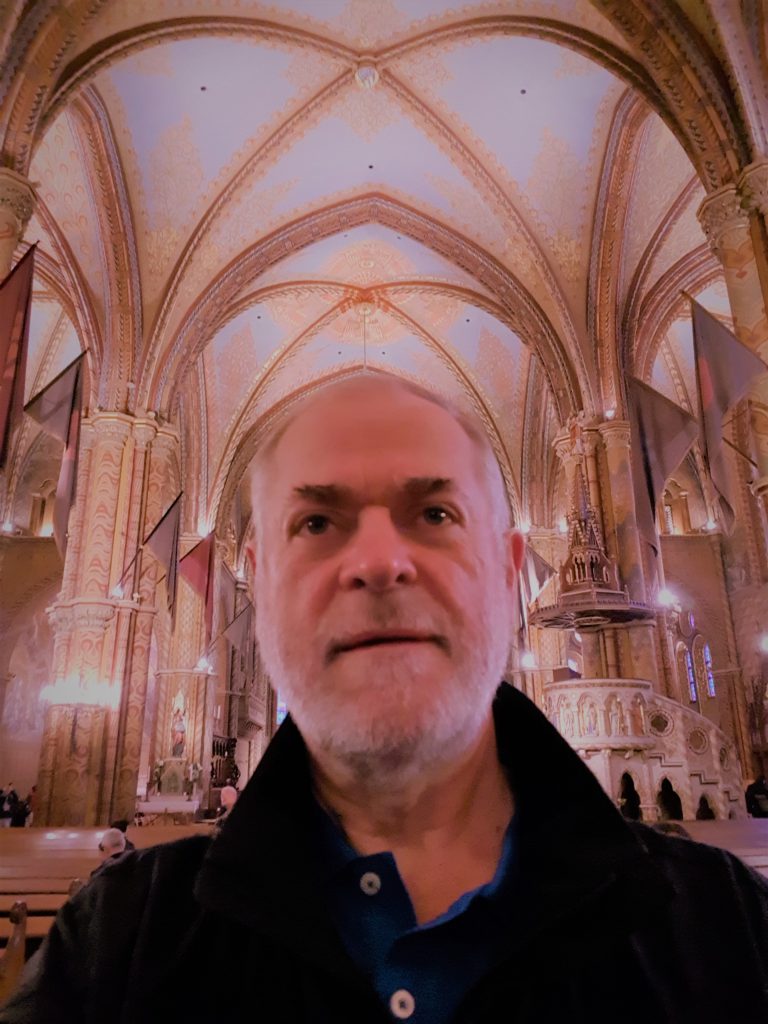
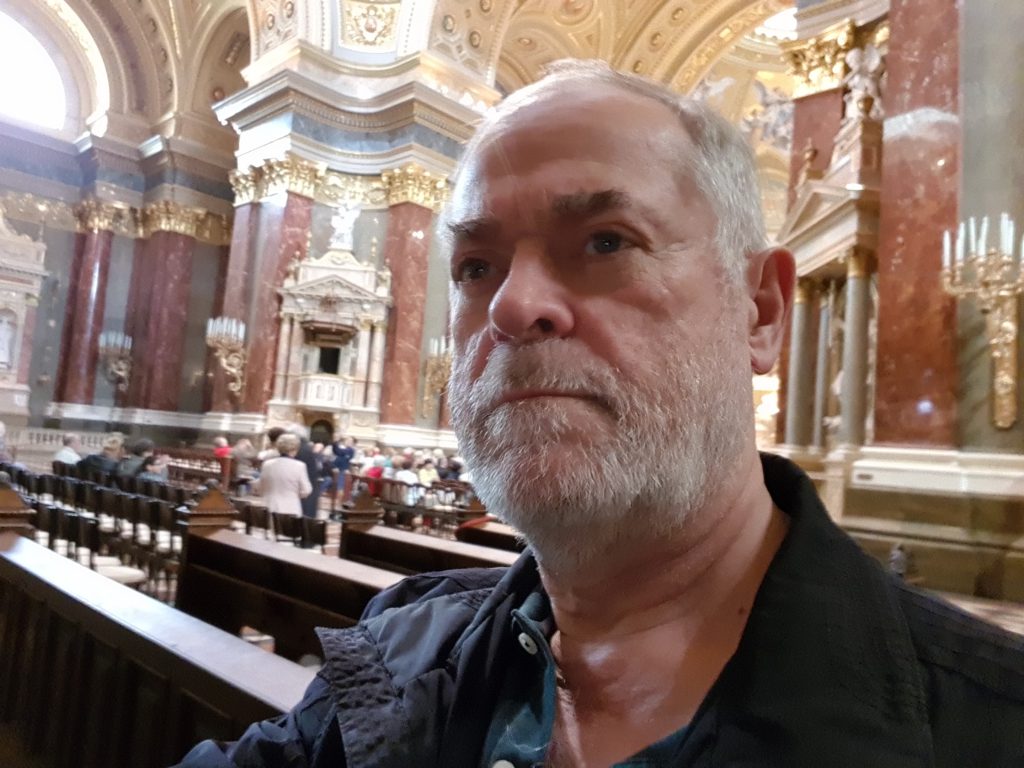
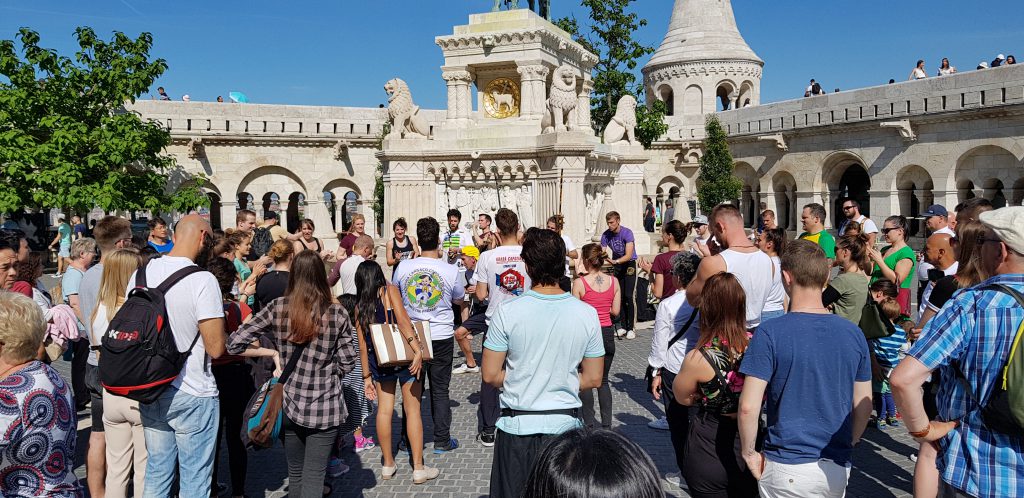
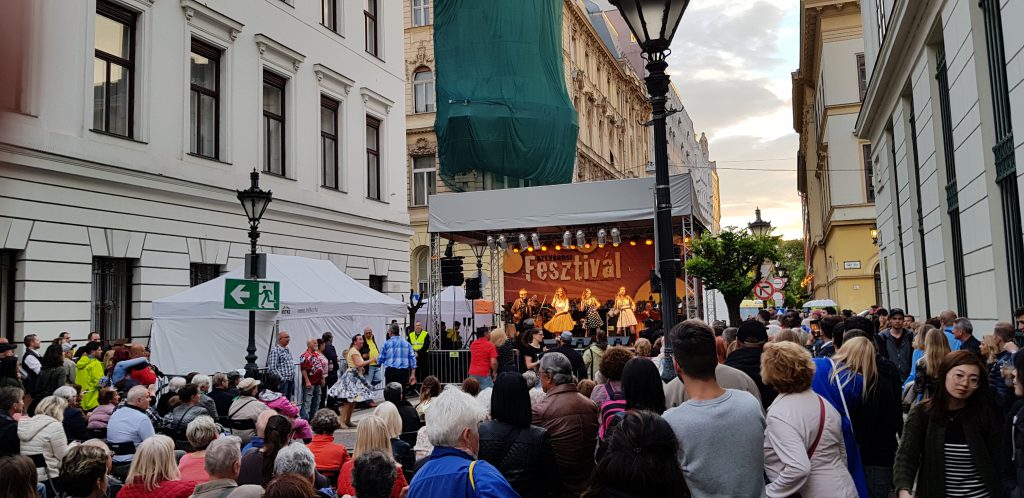

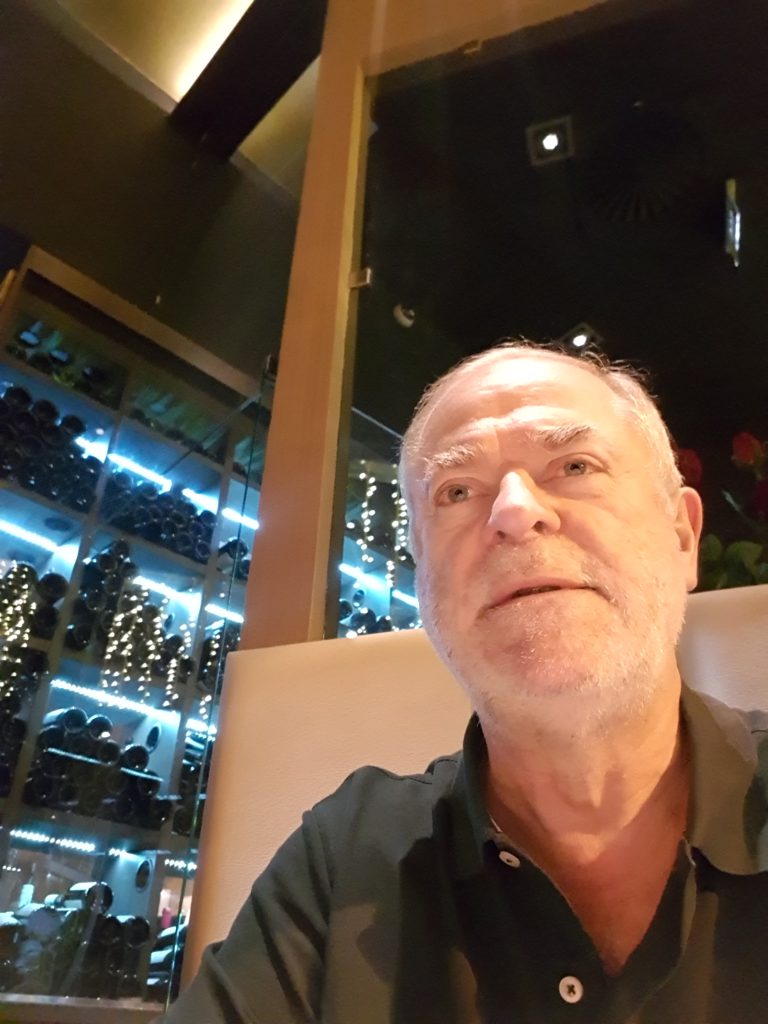
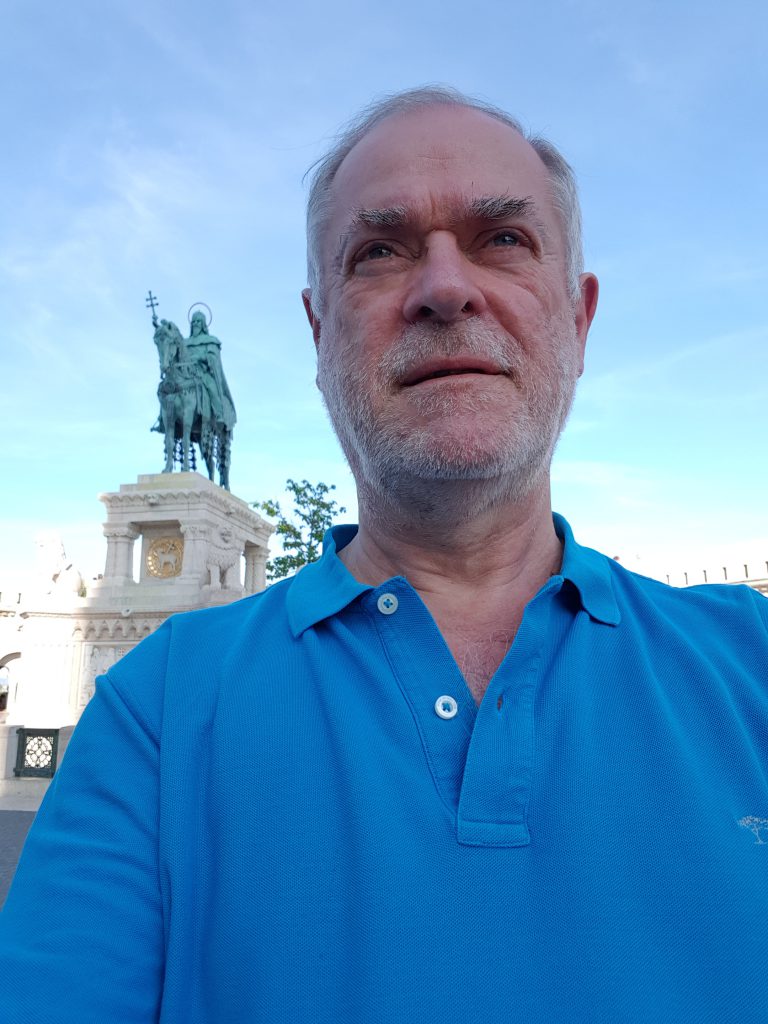
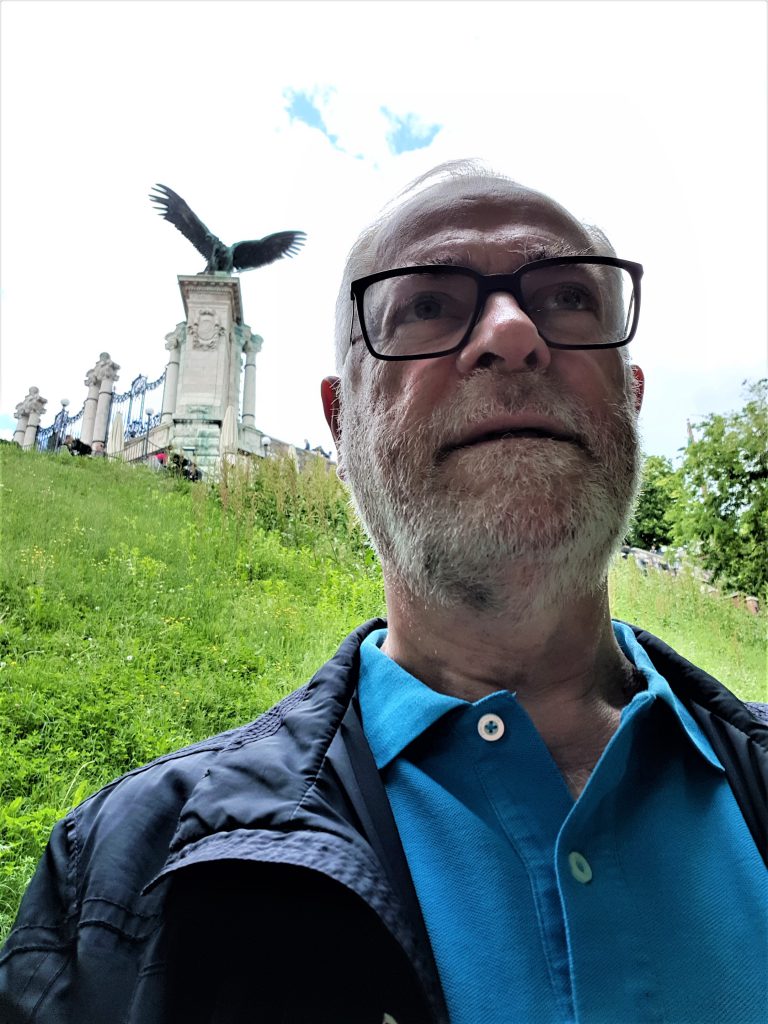


Budapest: A wonderful place to work and live…..
Ends;
As in 2018, Klaus F. Zimmermann has visited the Swedish Collegium for Advanced Study in Uppsala. (See past year report and pictures.) He is the President of the Global Labor Organization (GLO) and George Soros Chair at the Central European University (CEU) in Budapest. As MAE and Section Chair of the Academia Europaea (AE), the Academy of Europe, he participated in a Class Meeting on May 20-21, 2019. The business meeting, among other strategic issues, debated and decided on the nomination of new AE members.
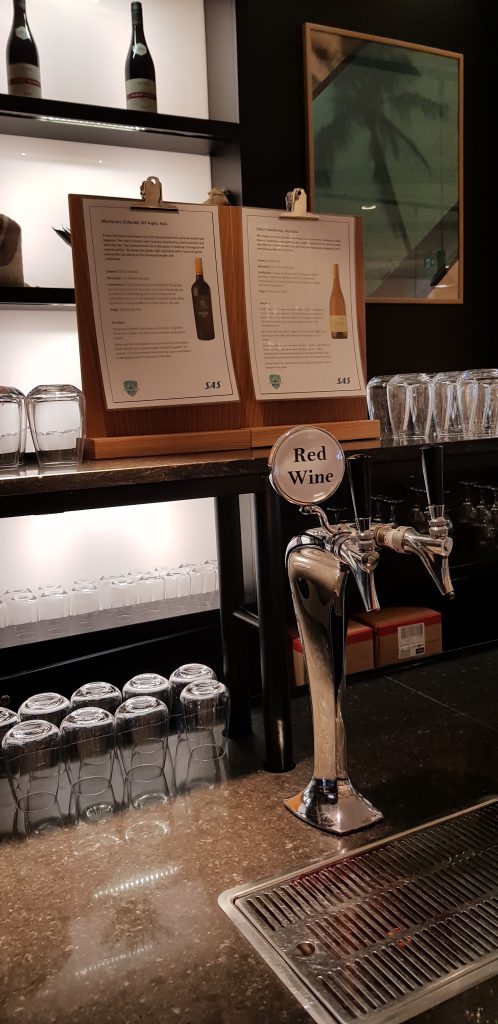
Arlanda. Stockholm-Uppsala Airport lounge on May 21, 2019. Red and white wine from 3D printing? NOT YET – but from the tap.
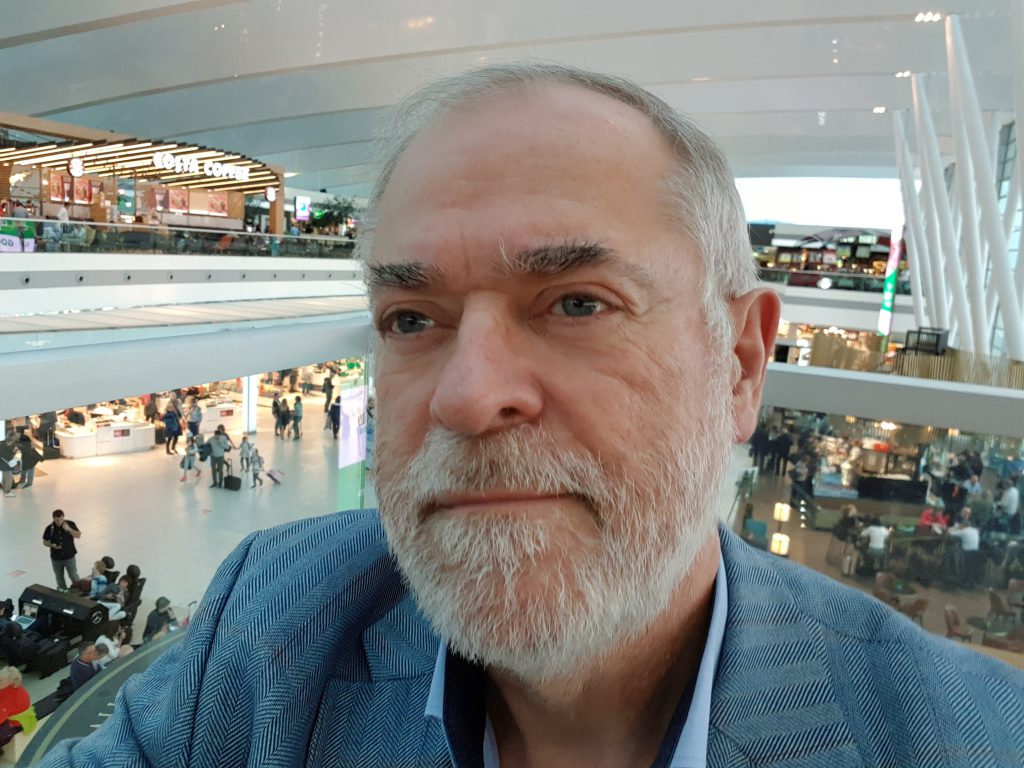
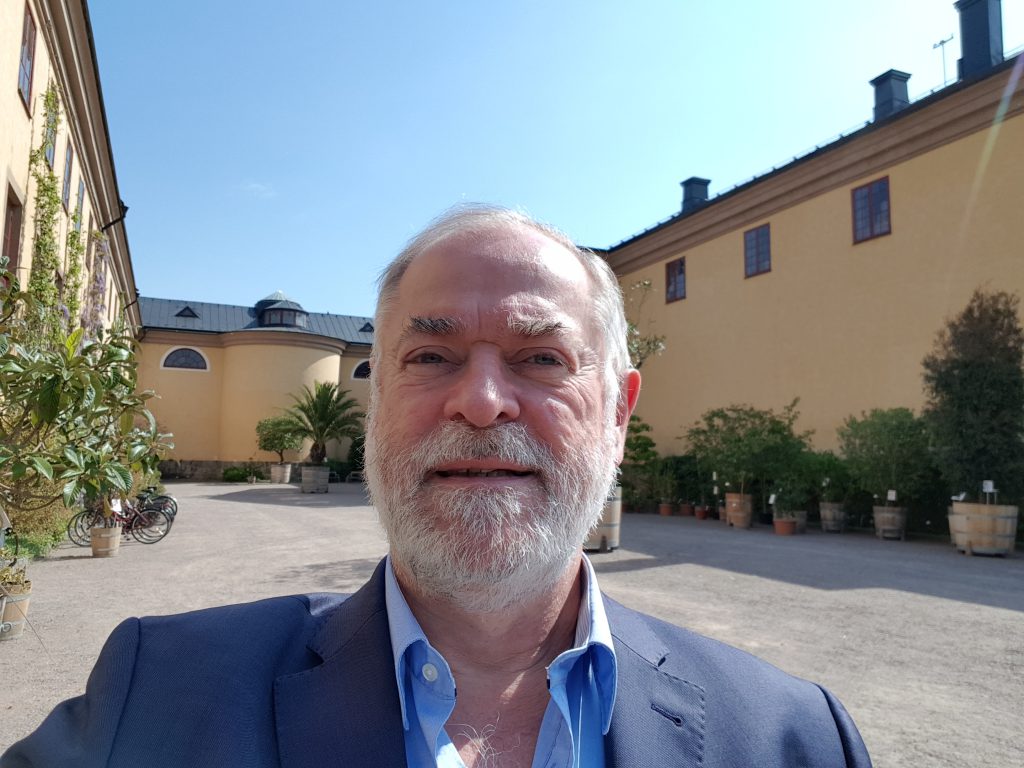
Ends;
Quo Vadis Europe after the elections? Martin Kahanec and Klaus F. Zimmermann (both Budapest) debate with Elsa Fornero (Turin) and Jonathan Portes (London) the consequences and perspectives for Europe. The panel debate will be public. Wednesday, June 5, 2019. 5:30 pm – 7:00 pm. Nador utca 15, Tiered 103. Central European University (CEU), Budapest.
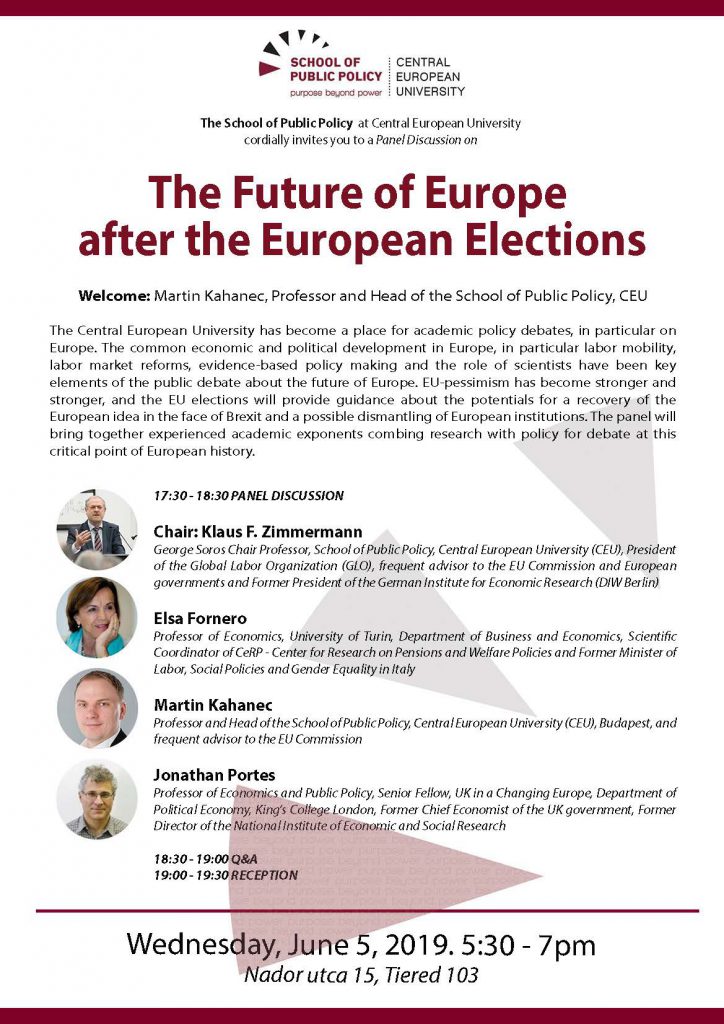
Ends;
Bonn, Beethoven city in Germany. Since 17 May 2019, 700 green and golden Beethoven statues have occupied Münsterplatz in Bonn city center. The art installation is part of the run-up of the city to Beethoven’s anniversary in 2020 and finds much interest. Klaus F. Zimmermann, President of the Global Labor Organization (GLO) and currently the George Soros Chair Professor at the Central European University (CEU) in Budapest, has visited the Beethoven exhibition in Bonn on May 19 on his way to a business meeting in Uppsala, Sweden. The art installation is a forceful advertisement for the city and the 2020 Beethoven anniversary celebrations.
Zimmermann also visited the Bundeskunsthalle to study the new Goethe – Transformation of the World Exhibition. The exhibition details insights on Johann Wolfgang von Goethe’s views and contributions about the sorrows of young Werther, Faust, the Islam and open cultural communication, his theory of colors and his Italian journey. Very impressive and informative.
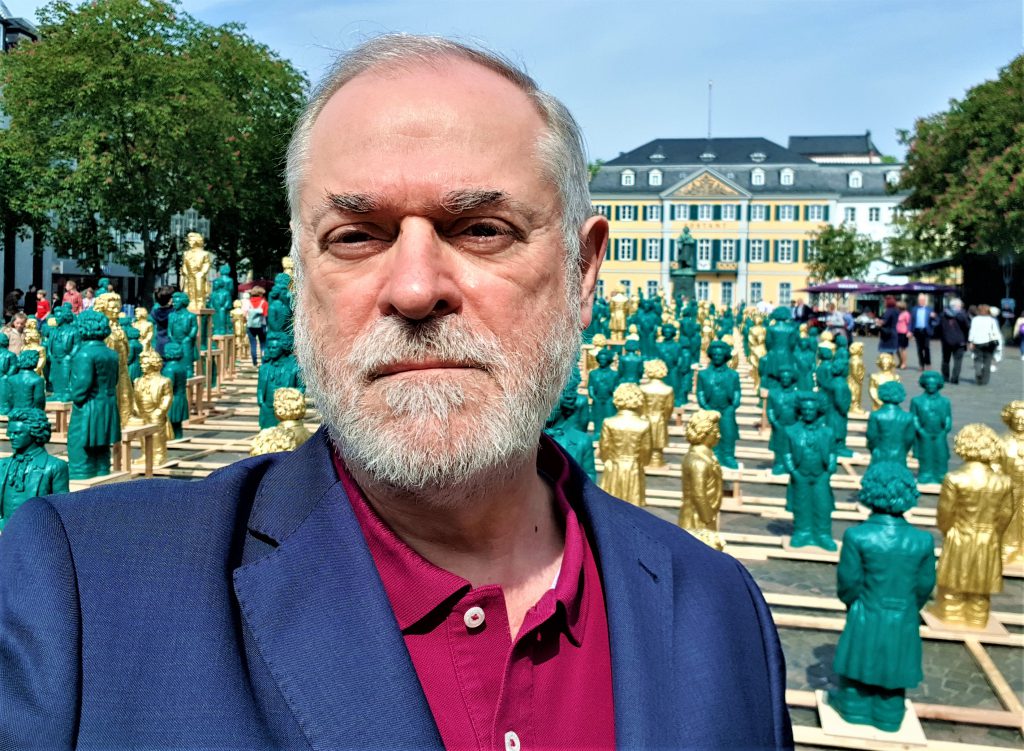
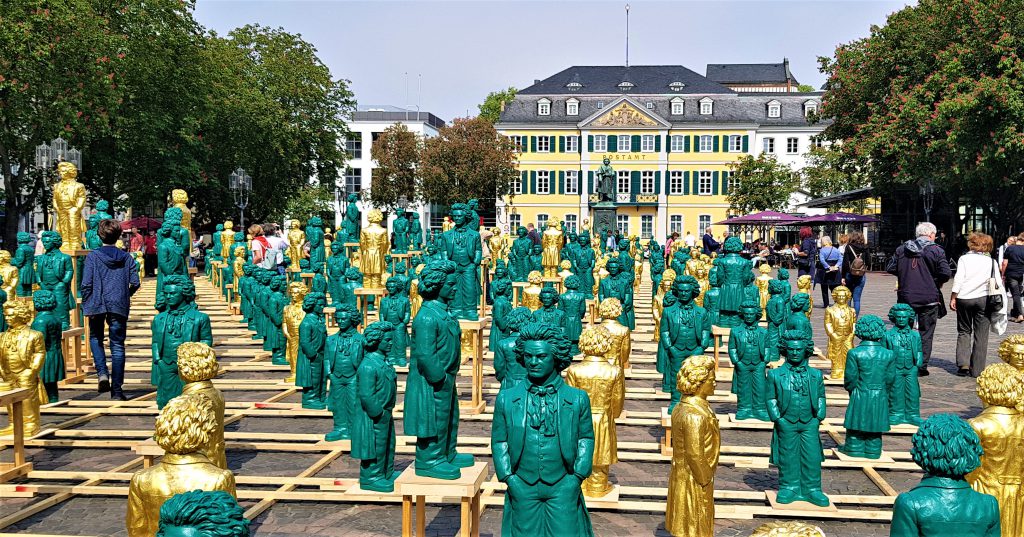
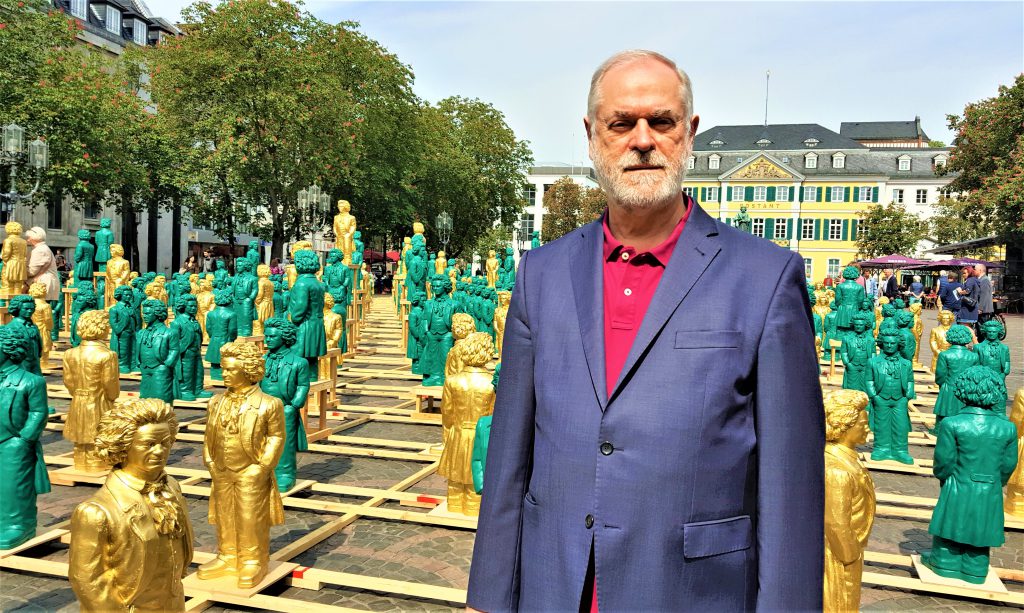
Ends;
Finishing a stimulating interactive class in Global Labor Economics at the School of Public Policy of the Central European University (CEU) with George Soros Chair Professor Klaus F. Zimmermann in the Spring Term in Budapest, Hungary.
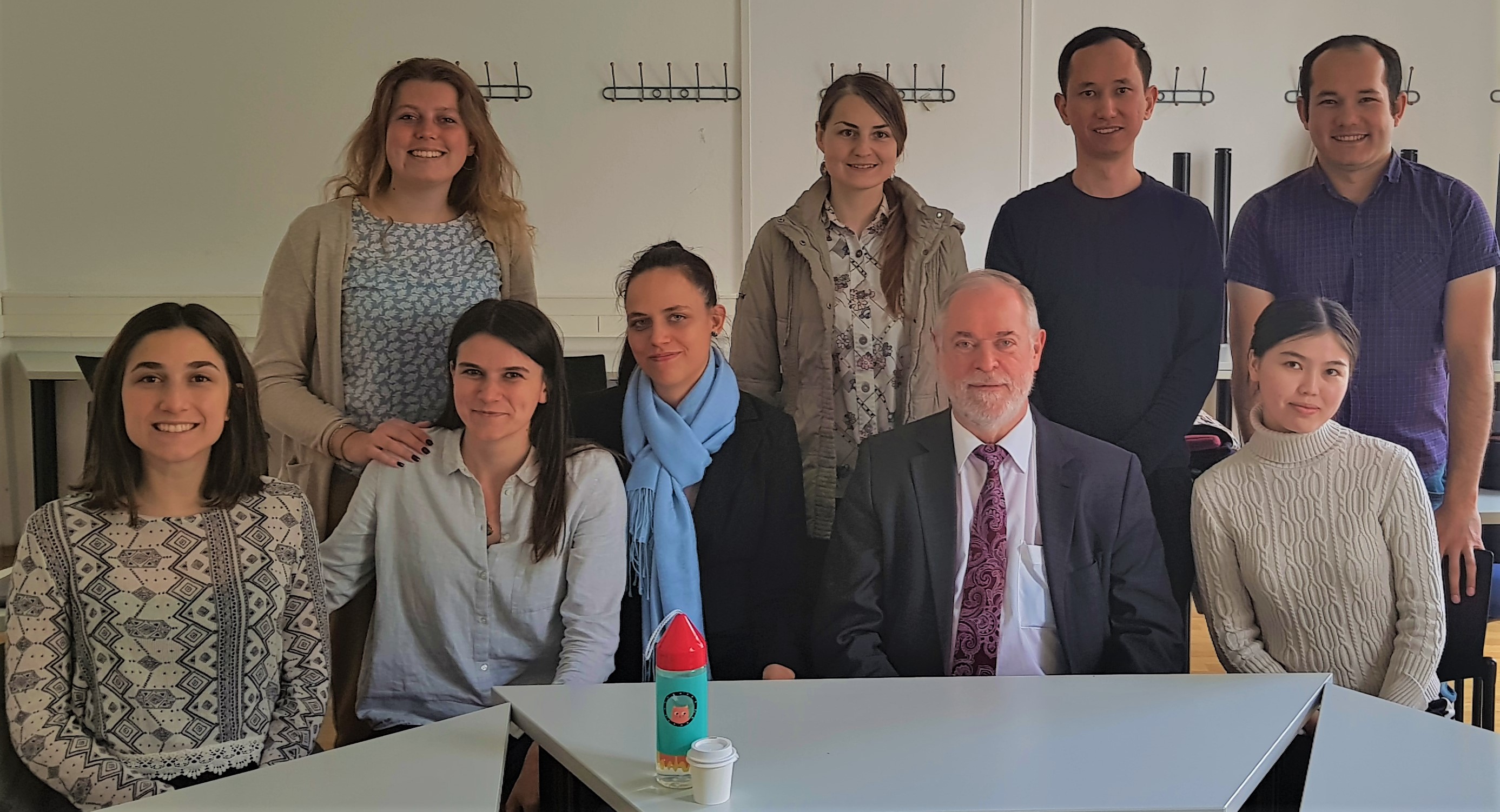
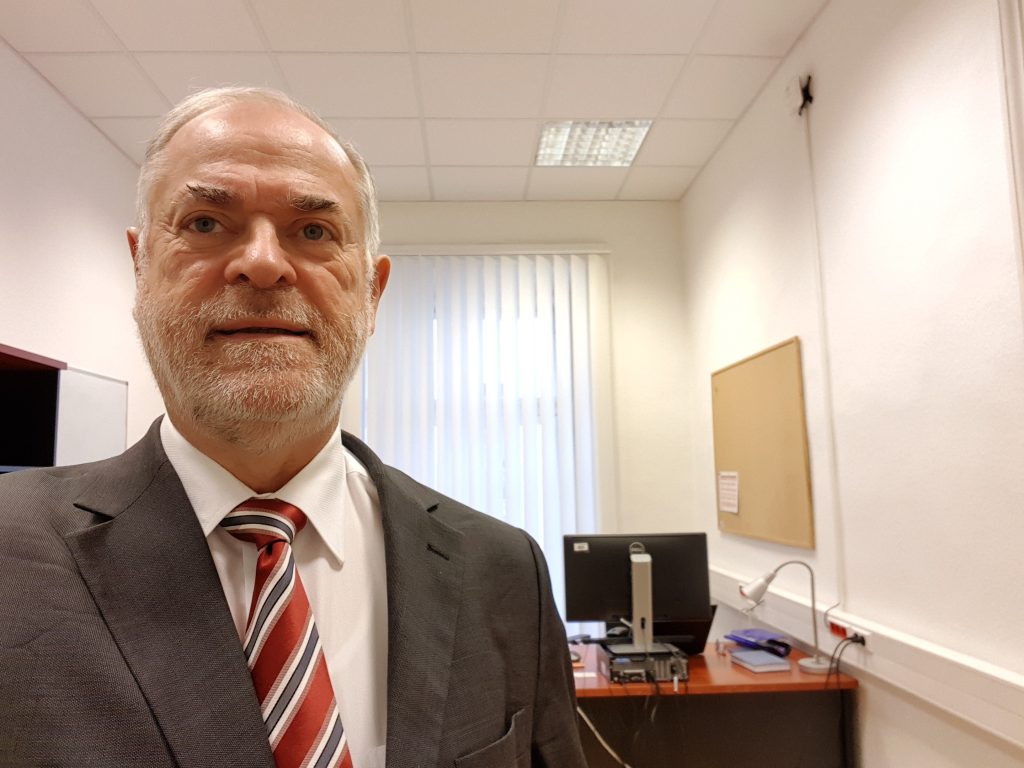
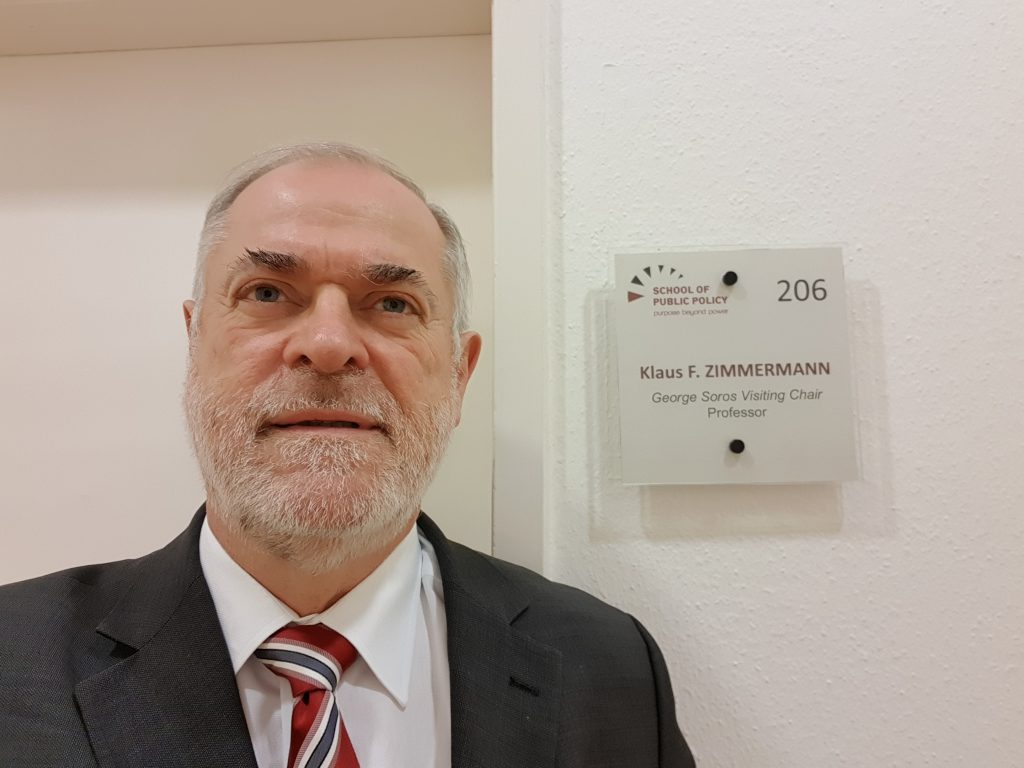
Ends;
The GLO Discussion Paper of the Month of April 2019 provides a historical explanation on within-country differences in levels of trust. Specifically, the paper finds that the lower trust levels present in former USSR countries can be traced back to the system of forced prison labor present during Stalin’s regime, which created terror and mass repression, causing individuals to lose trust in neighbors, institutions and society at large.
GLO Discussion Papers are research and policy papers of the GLO Network which are widely circulated to encourage discussion. Provided in cooperation with EconStor, a service of the ZBW – Leibniz Information Centre for Economics, GLO Discussion Papers are among others listed in RePEc (see IDEAS, EconPapers). Complete list of all GLO DPs downloadable for free.
GLO Discussion Paper No. 344, 2019.344 Stalin and the origins of mistrust – Download PDF
by Nikolova, Milena & Popova, Olga & Otrachshenko, Vladimir
GLO Fellows Milena Nikolova and Olga Popova
Abstract: We show that current differences in trust levels within former Soviet Union countries can be traced back to the system of forced prison labor during Stalin’s rule, which was marked by high incarceration rates, repression, and harsh punishments. We argue that those exposed to forced labor camps (gulags) became less trusting and transferred this social norm to their descendants. Combining contemporary individual-level survey data with historical information on the location of forced labor camps, we find that individuals who live near former gulags have low levels of social and institutional trust. Our results are robust to a battery of sensitivity checks, which suggests that the relationship we document is causal. We outline several causal mechanisms and test whether the social norm of mistrust near gulags developed because of political repression or due to fear that inmates bring criminality. As such, we provide novel evidence on the channels through which history matters for current socio-economic outcomes today.
344 Stalin and the origins of mistrust – Download PDF
by Nikolova, Milena & Popova, Olga & Otrachshenko, Vladimir
343 Intergenerational Mobility: An Assessment for Latin American Countries – Download PDF
by Doruk, Ömer Tuğsal & Yavuz, Hasan Bilgehan & Pastore, Francesco
342 The impact of Brexit on International Students’ Return Intentions – Download PDF
by Falkingham, Jane & Giulietti, Corrado & Wahba, Jackline & Wang, Chuhong
341 Labour mobility and interprovincial trade in Canada – Download PDF
by Aziz, Nusrate & Mahar, Gerry
340 Should I stay or should I go? Migration and job-skills mismatch among Italian doctoral recipients –Download PDF
by Alfano, Vincenzo & D’Uva, Marcella & De Simone, Elina & Gaeta, Giuseppe Lucio
GLO DP Team
Senior
Editors: Matloob Piracha (University of Kent) & GLO; Klaus F.
Zimmermann (UNU-MERIT, Maastricht University and Bonn University).
Managing Editor: Magdalena Ulceluse, University of Groningen. DP@glabor.org
Ends;
Klaus F. Zimmermann is the George Soros Chair Professor at the School of Public Policy of the Central European University (CEU) offering a student class on Global Labor Economics. He is also the President of the Global Labor Organization (GLO), the Section Chair for Economics, Business and Management of the Academia Europaea, the European Academy of Science and Professor Emeritus of Bonn University.
On May 8, 2019, Zimmermann gave a speech (George Soros Lecture) at CEU on “Global Labor Economics: Challenges and Benefits”, summarizing major aspects from his class. He explained why global labor economics can contribute forcefully to the wealth of nations. Connecting his work to Adam Smith, he suggested that global labor mobility is the ultimate consequence of the division of work which is the driving force behind economic development and global wellbeing. While most research on global labor economics documents that migration is beneficial for economic efficiency and the basis of wellbeing of the people, he thinks that it is necessary to develop a common multi-ethnic social and cultural identity to make this broadly effective in societies.
Martin Kahanec, Professor and Head of the School of Public Policy, was introducing Zimmermann to a larger group of interested participants, and chaired the discussion after the talk. Kahanec and Zimmermann had published various books and articles together dealing with global labor economics, in particular on the consequences of EU enlargement and migration.
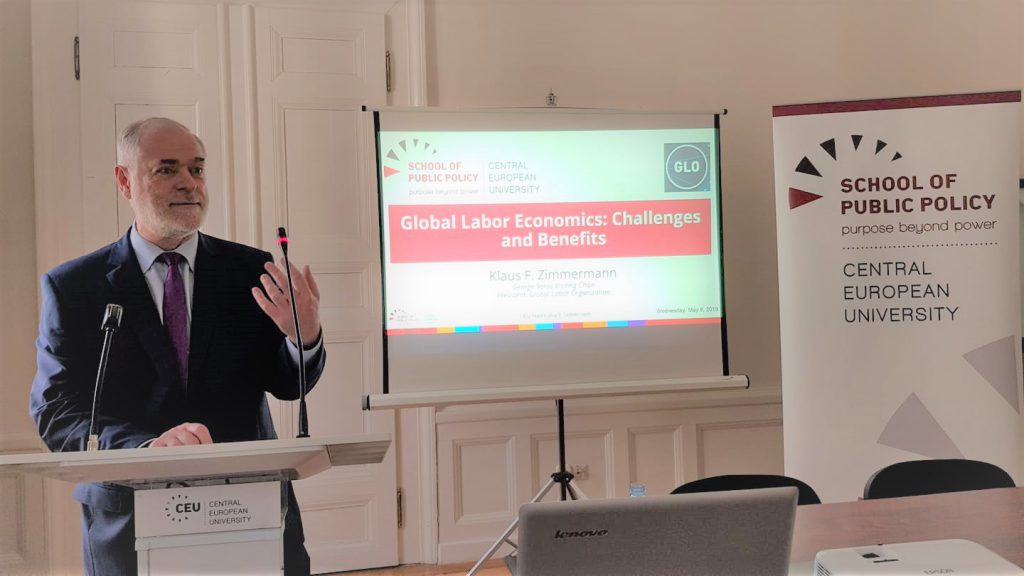
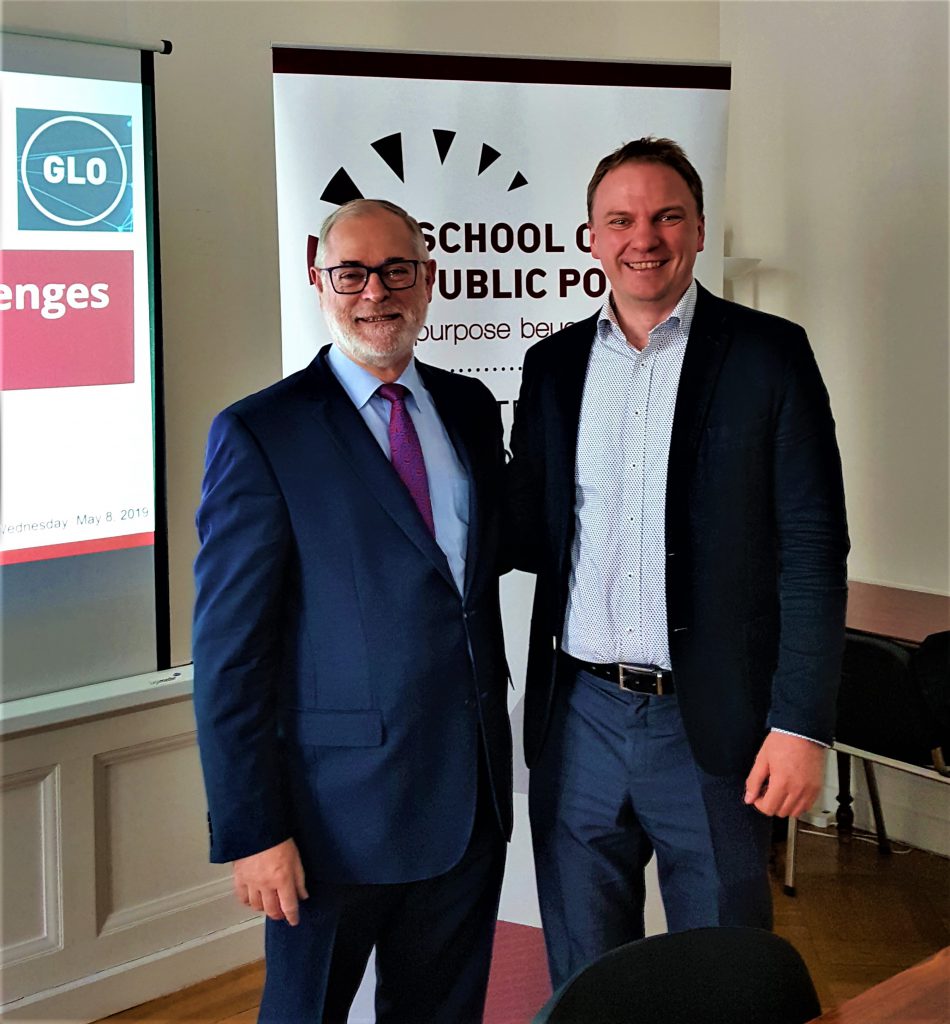
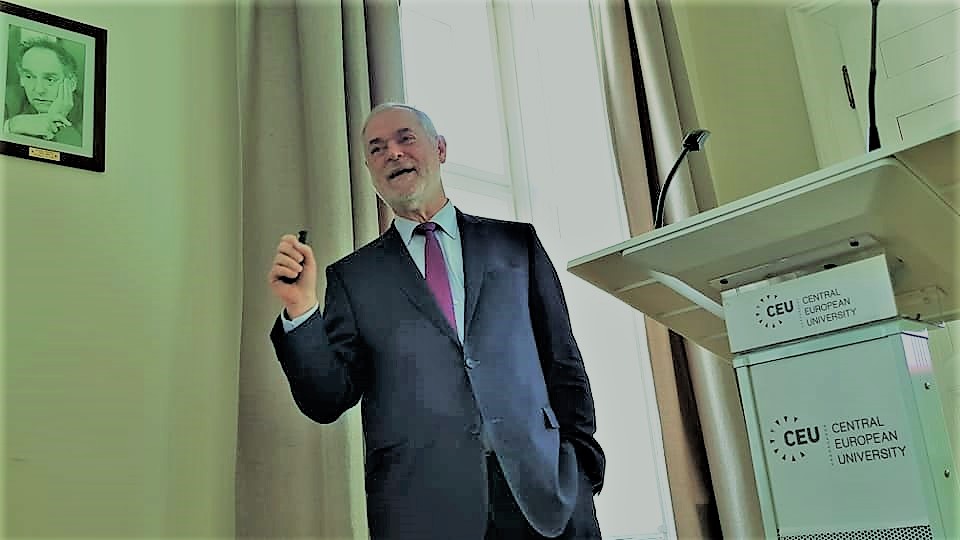
Ends;
Easter Monday, April 22, 2019. Hiking in the Seven Mountains nearby Bonn.
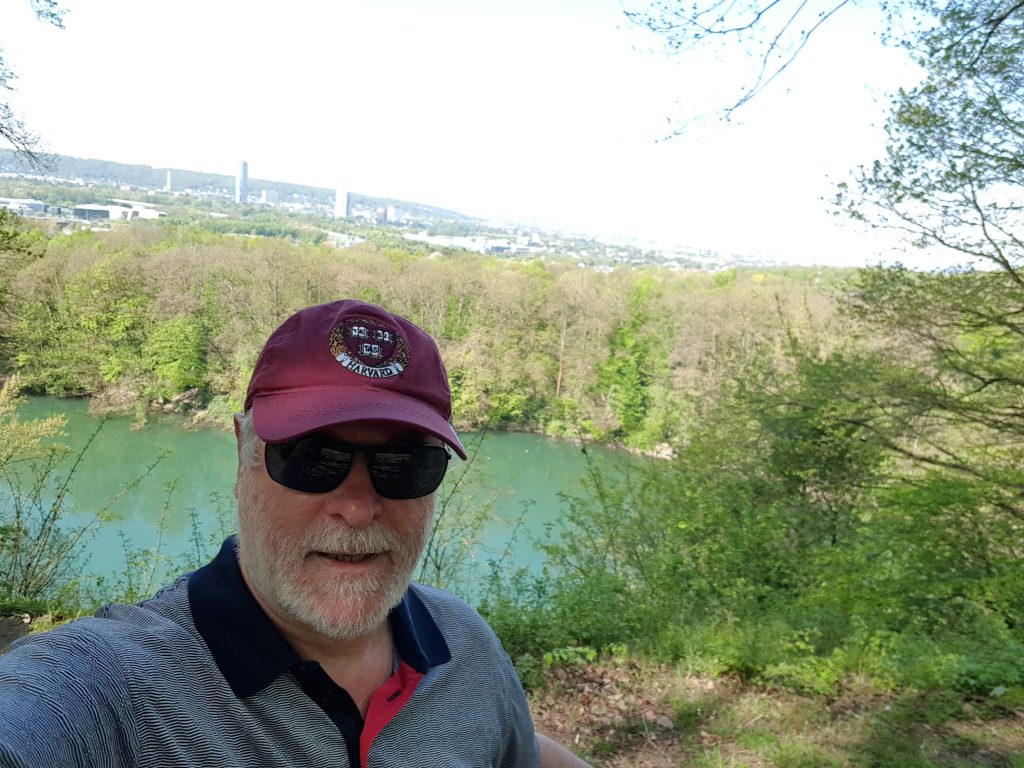
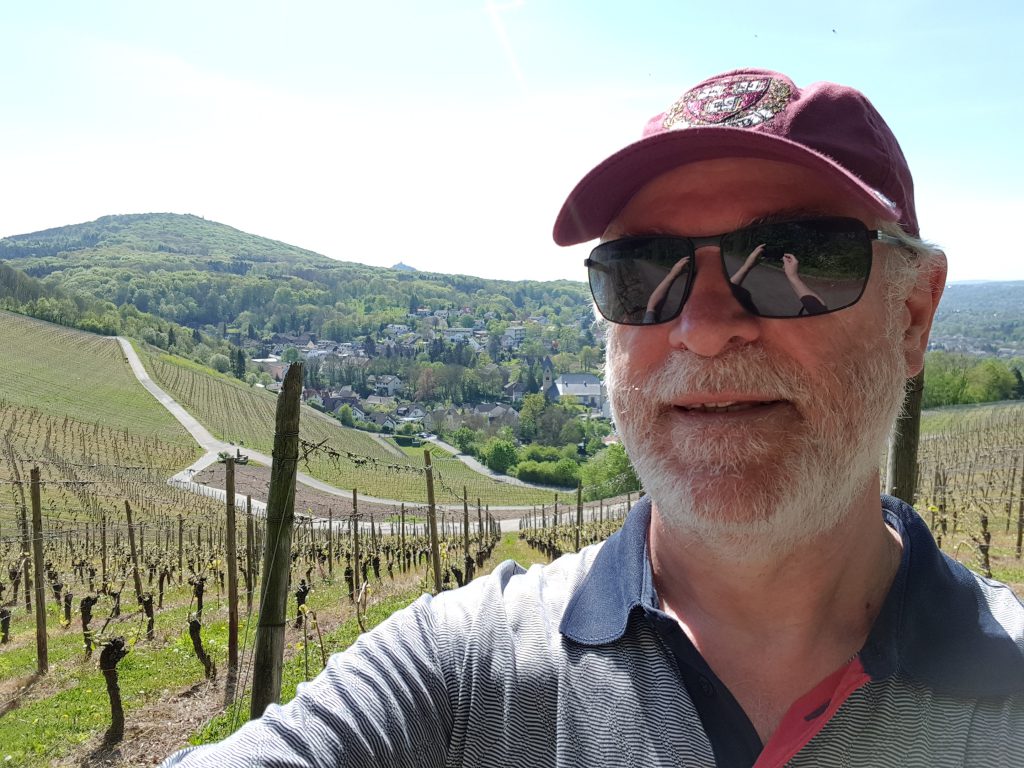
April 18-21, 2019. Visit of the Semperoper including the “Zauberflöte” (The Magic Flute) of Mozart; Frauenkirche, Hofkirche, Zwinger, historical walking tour, et al.; walk alongside the river Elbe to the Loschwitz Bridge, better known as the “Blue Wonder” due to the original color and being seen as a technological miracle at the time of construction (1893).
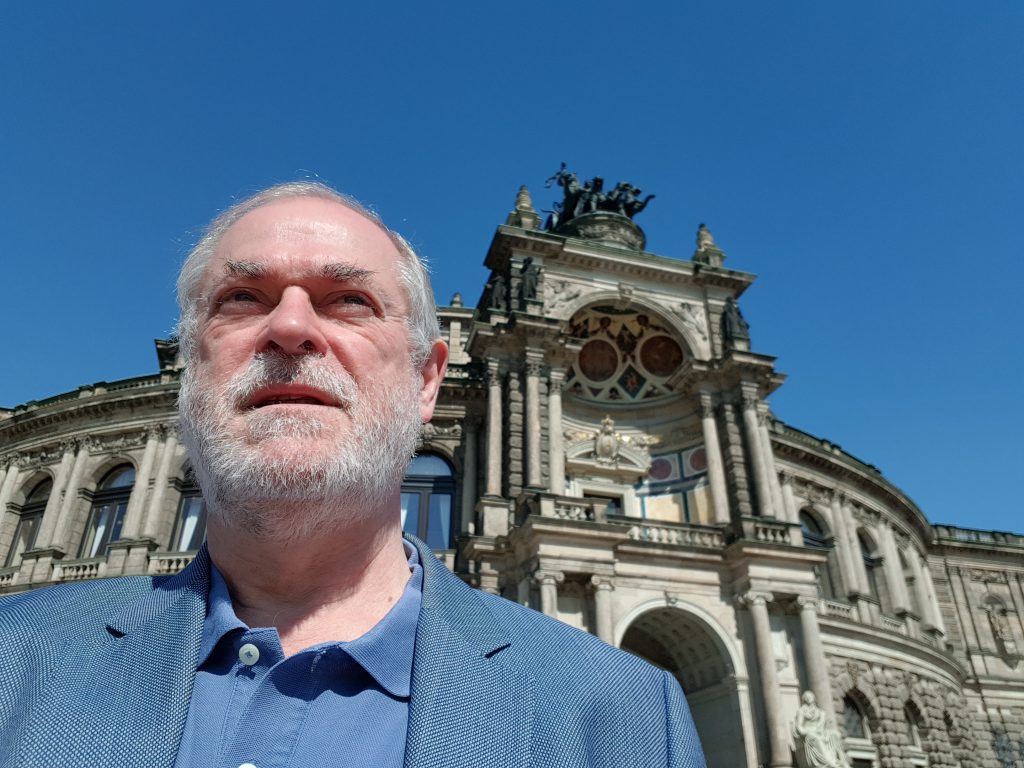
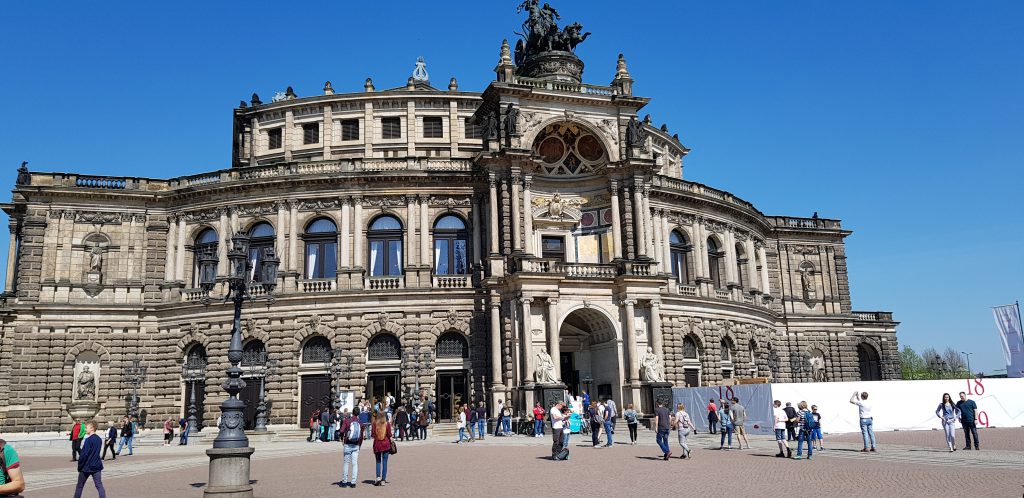
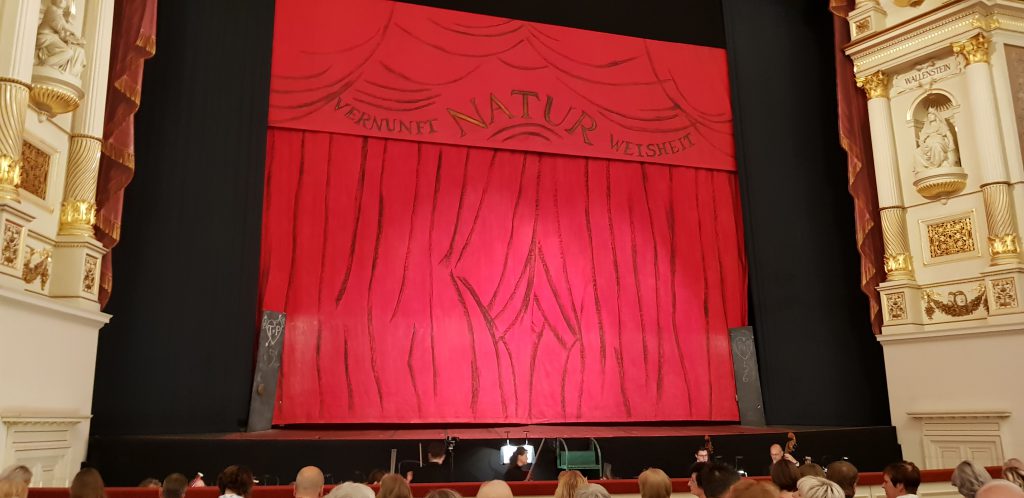

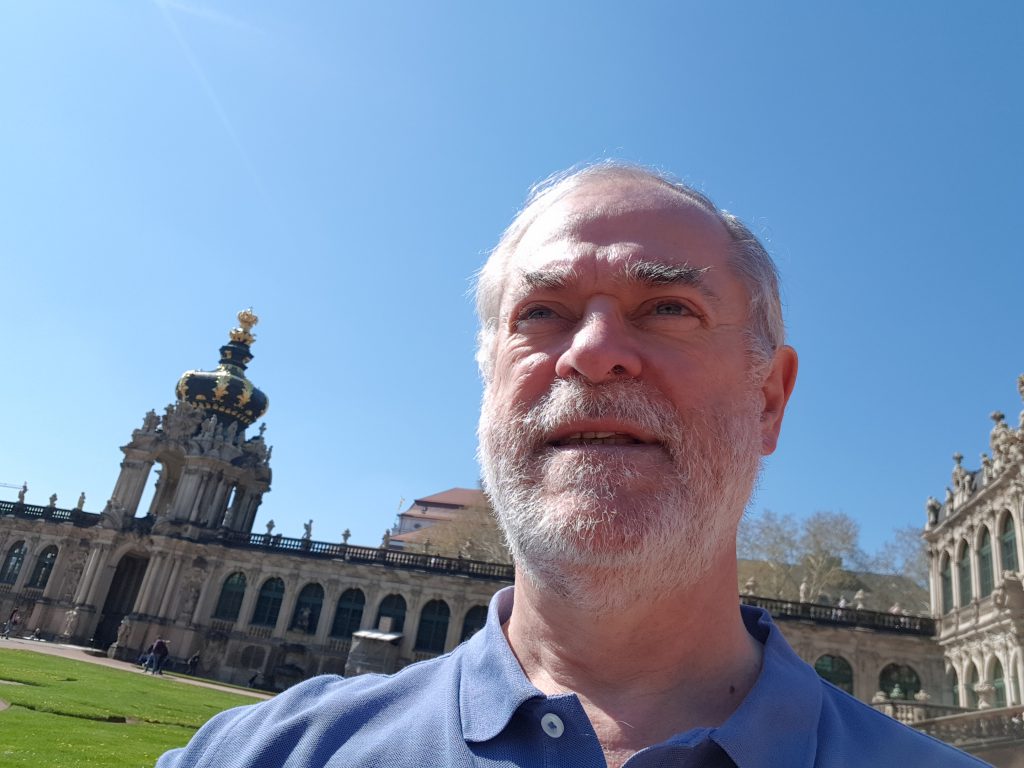
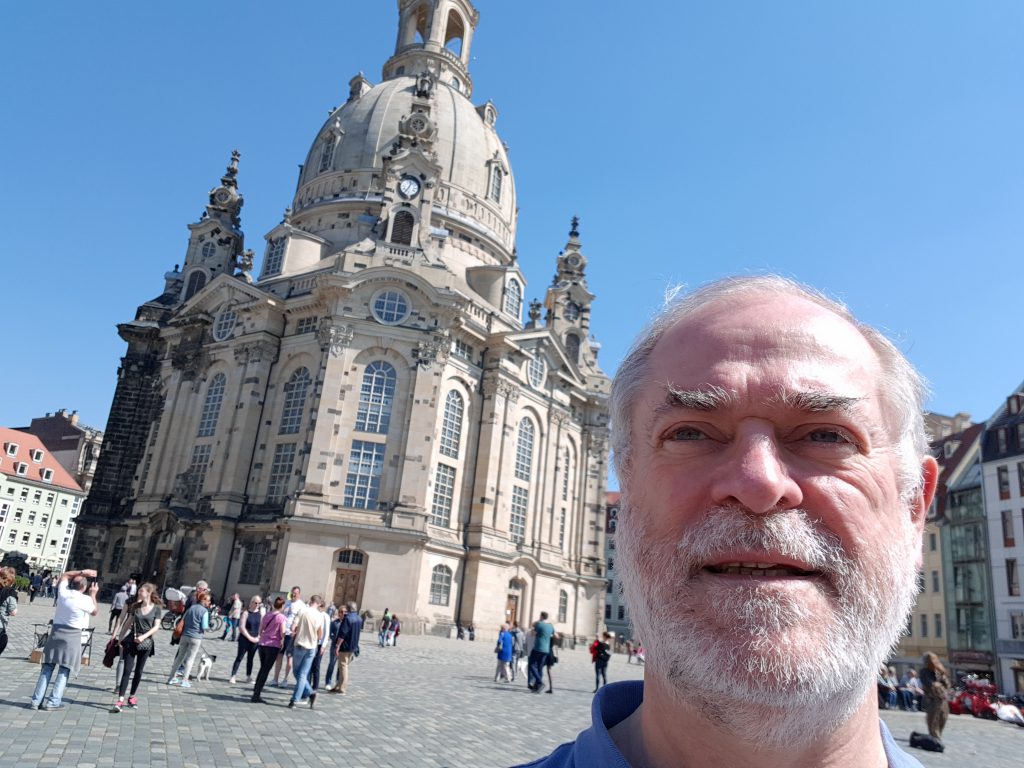
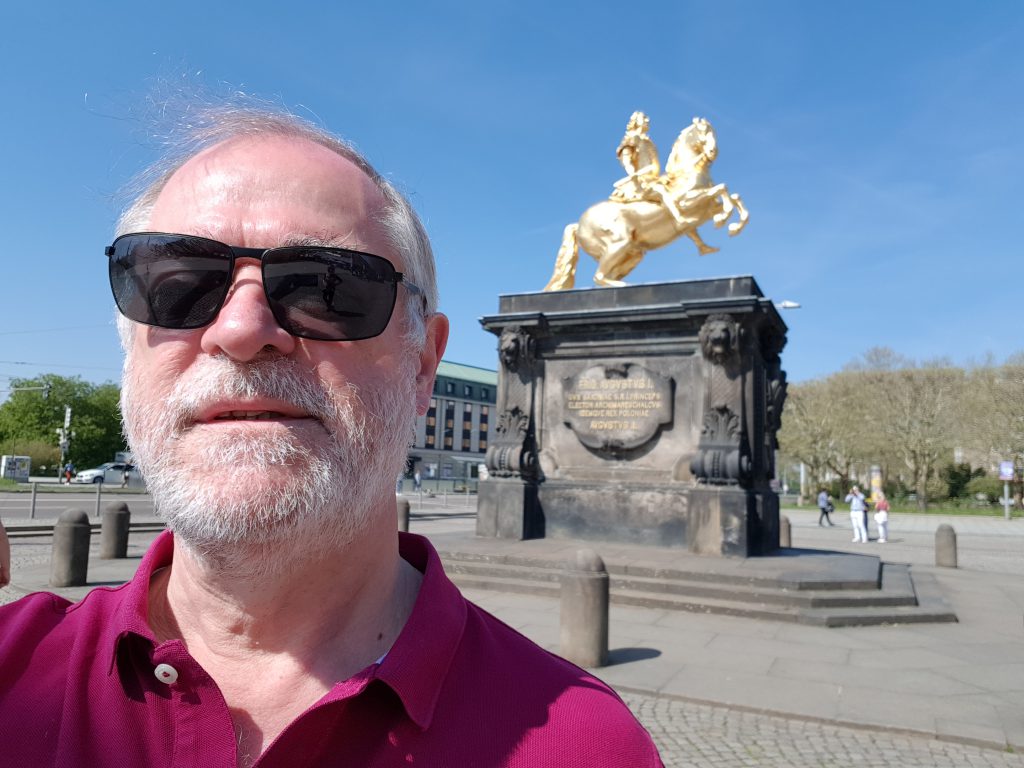
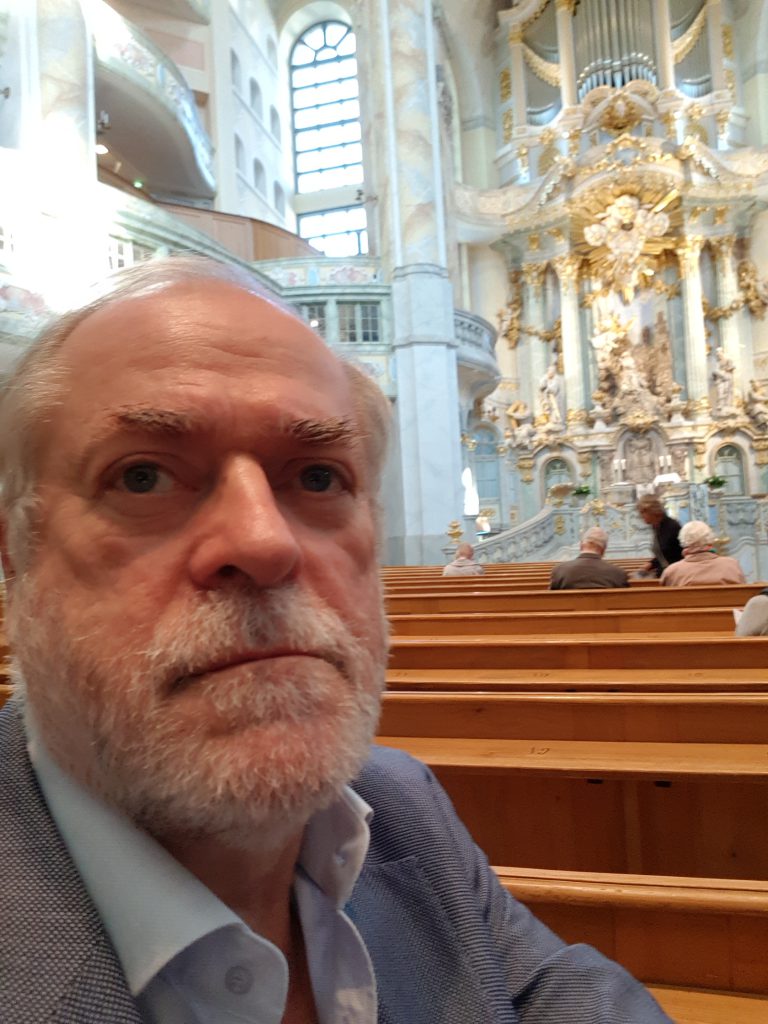
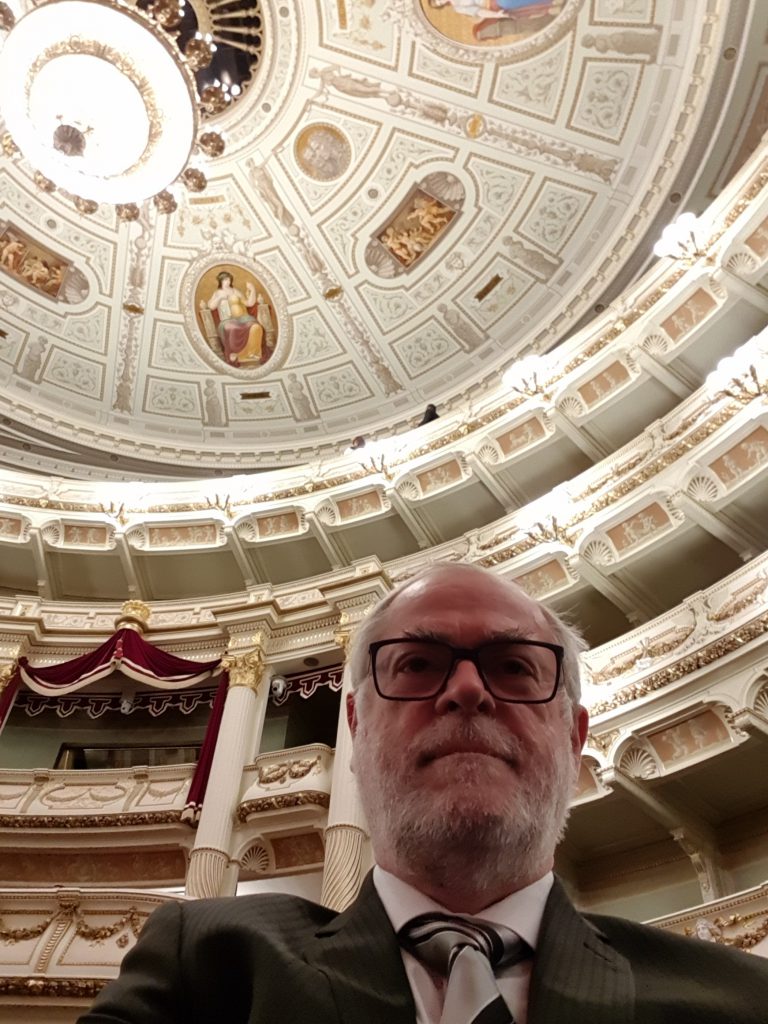
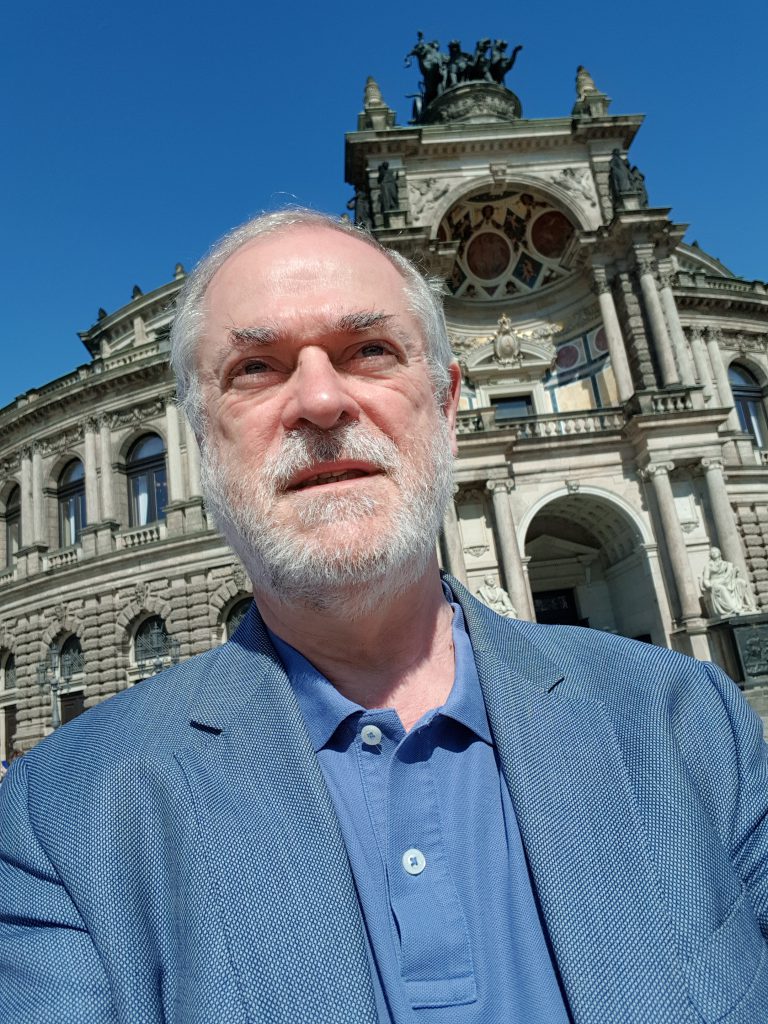
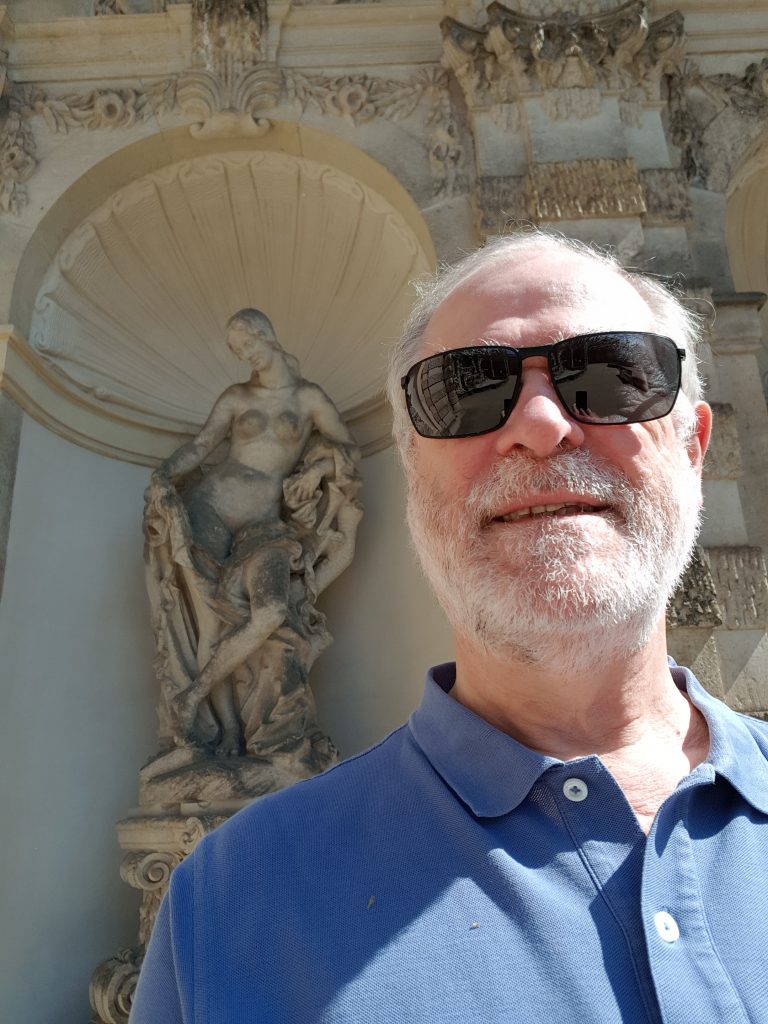
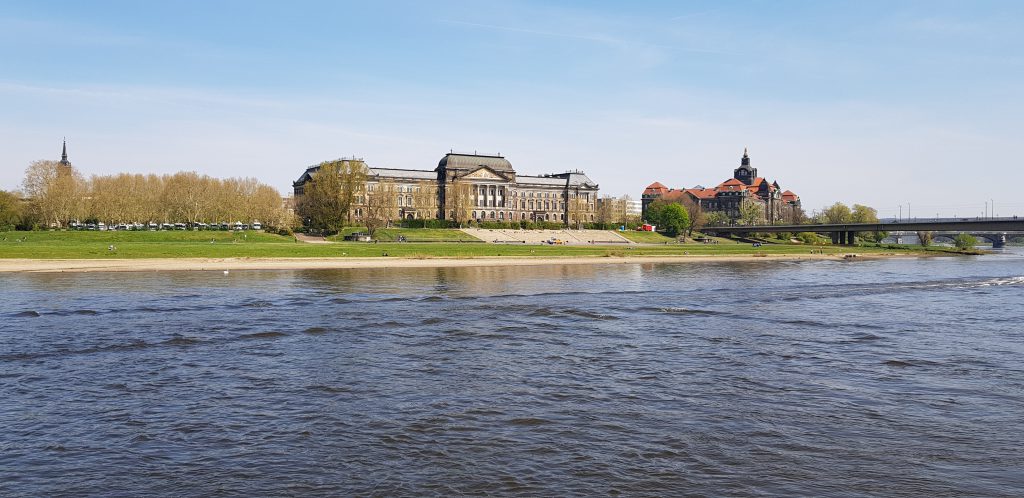
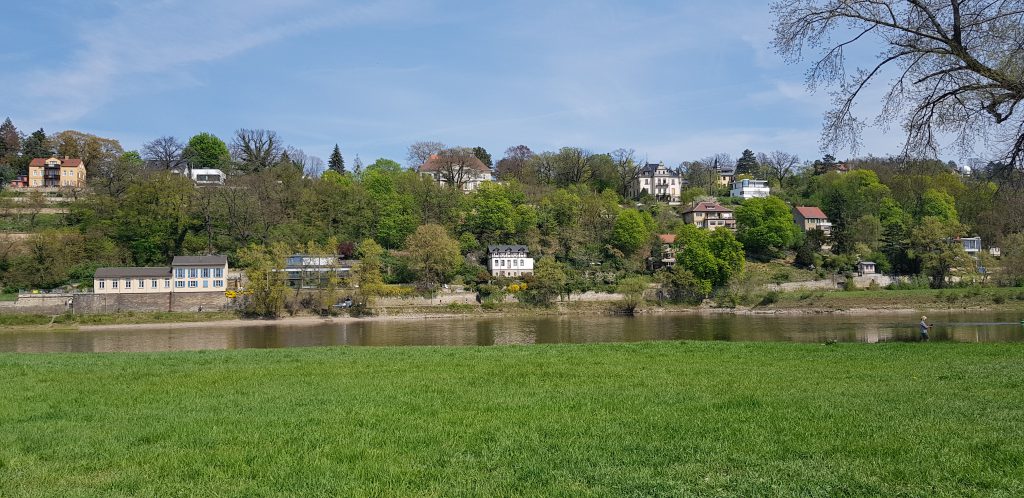
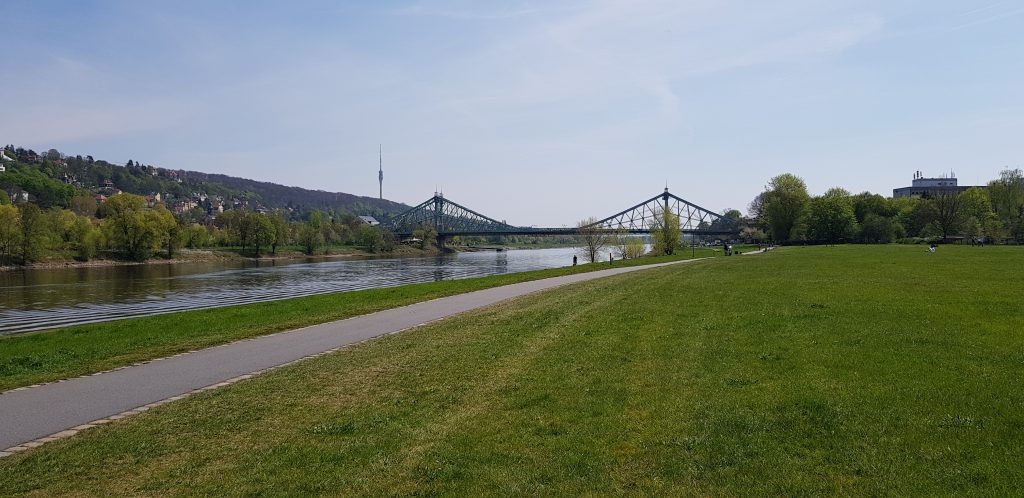
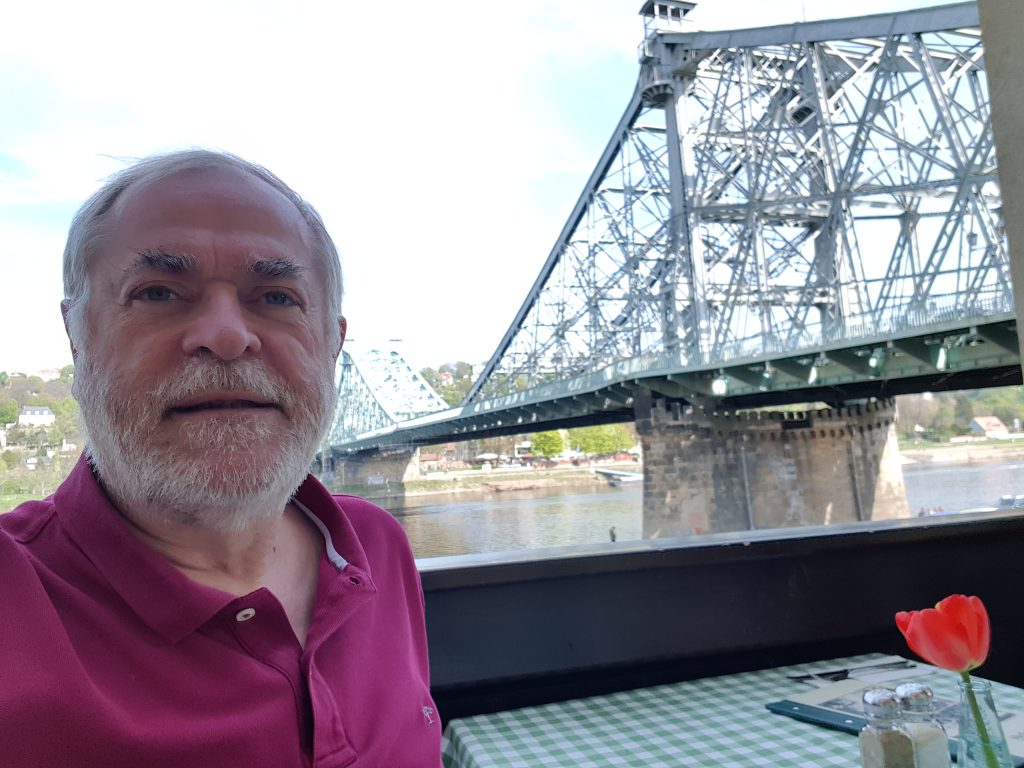
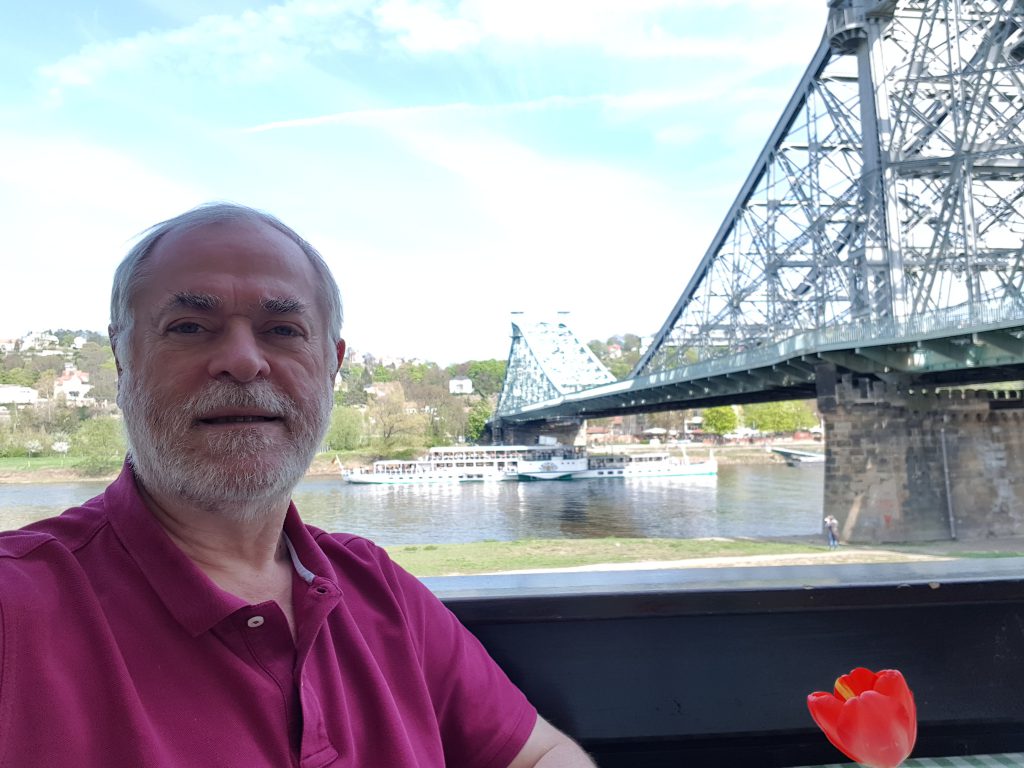
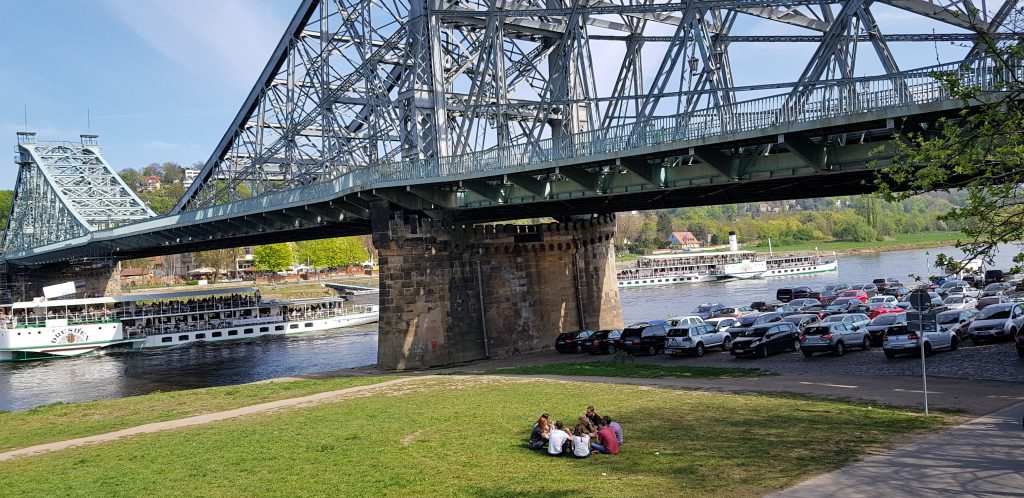
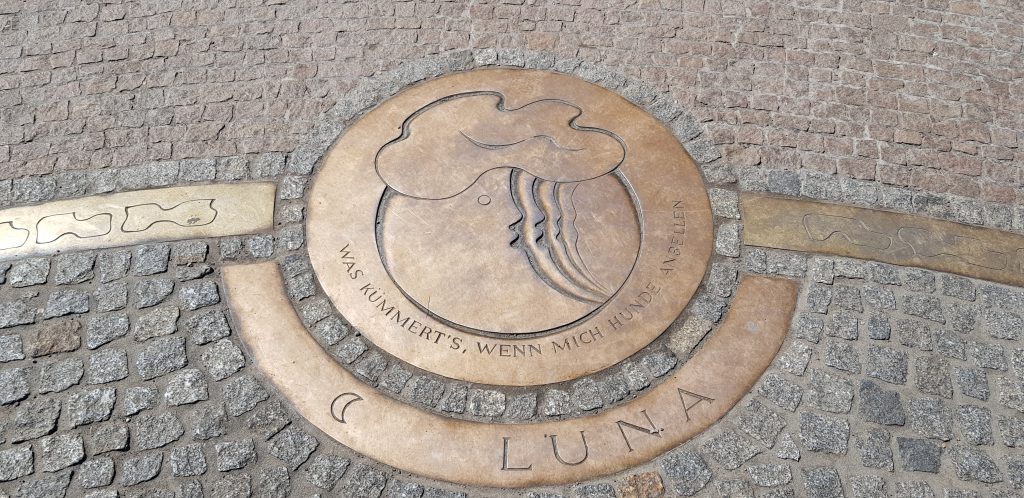
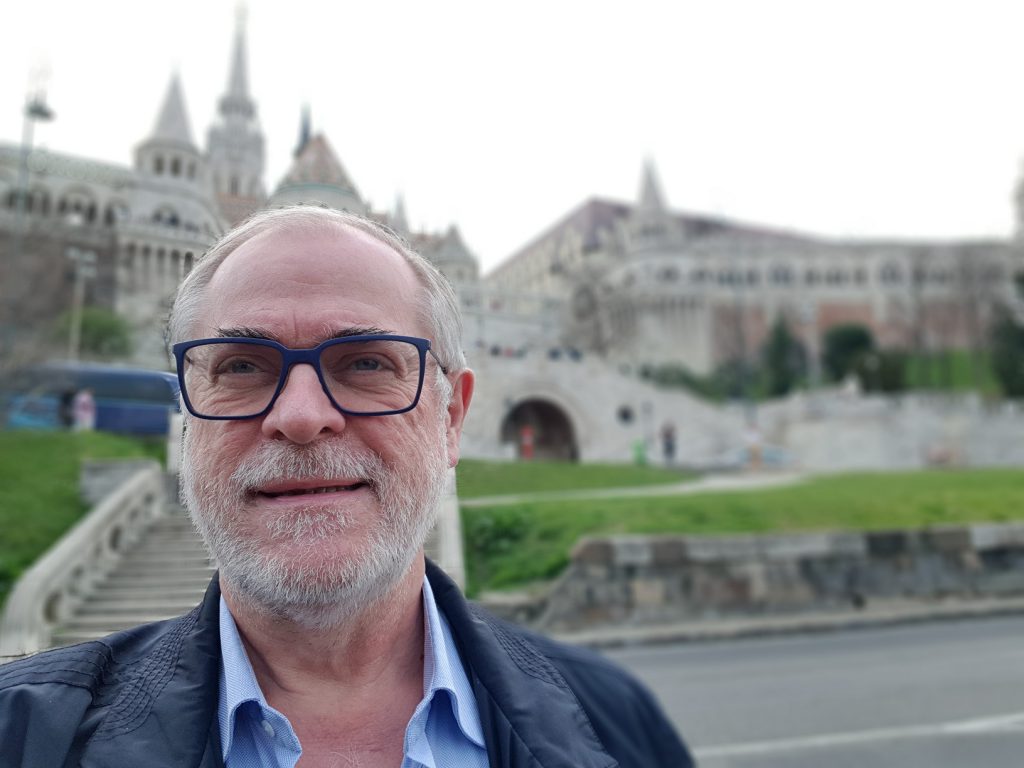
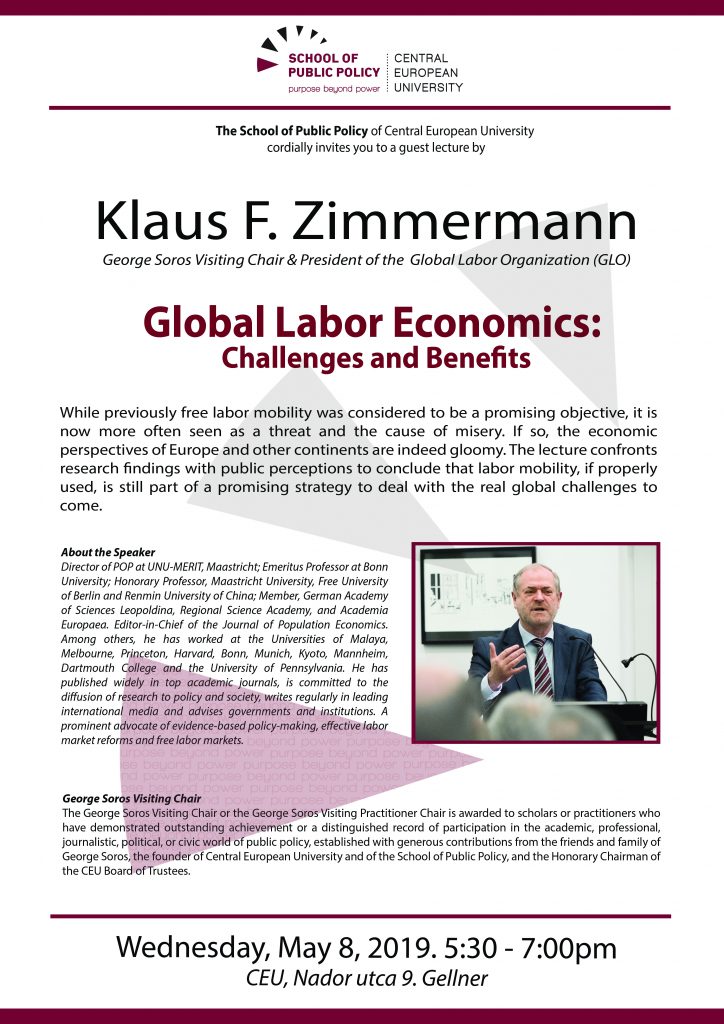
To participate please register with Bernadett Ball of CEU at BallB@spp.ceu.edu
For more information about Klaus F. Zimmermann see at SPP of CEU or at Zimmermann’s personal website.
Ends;